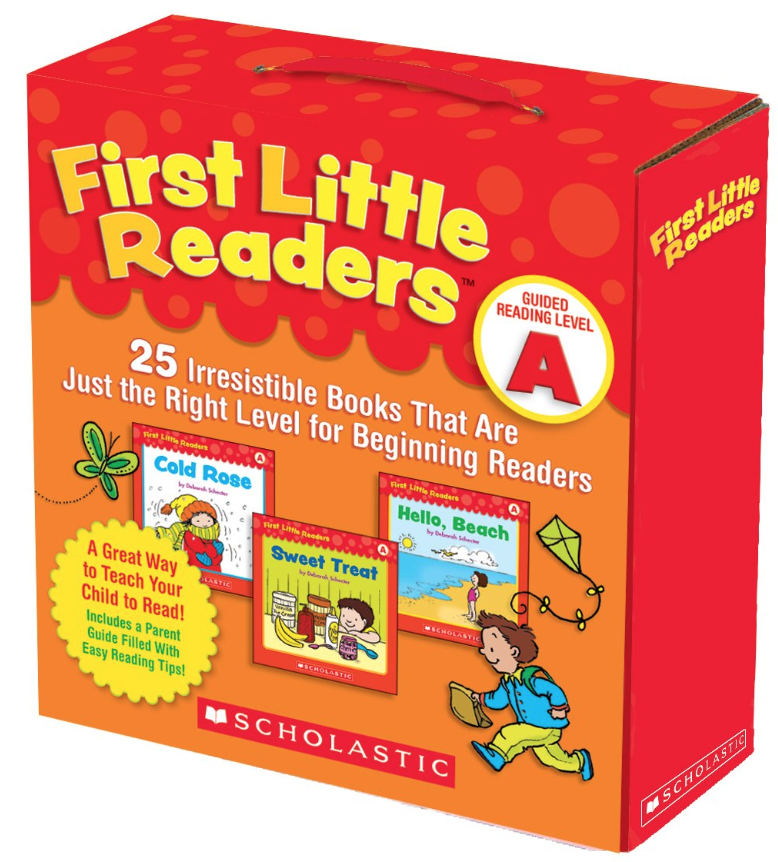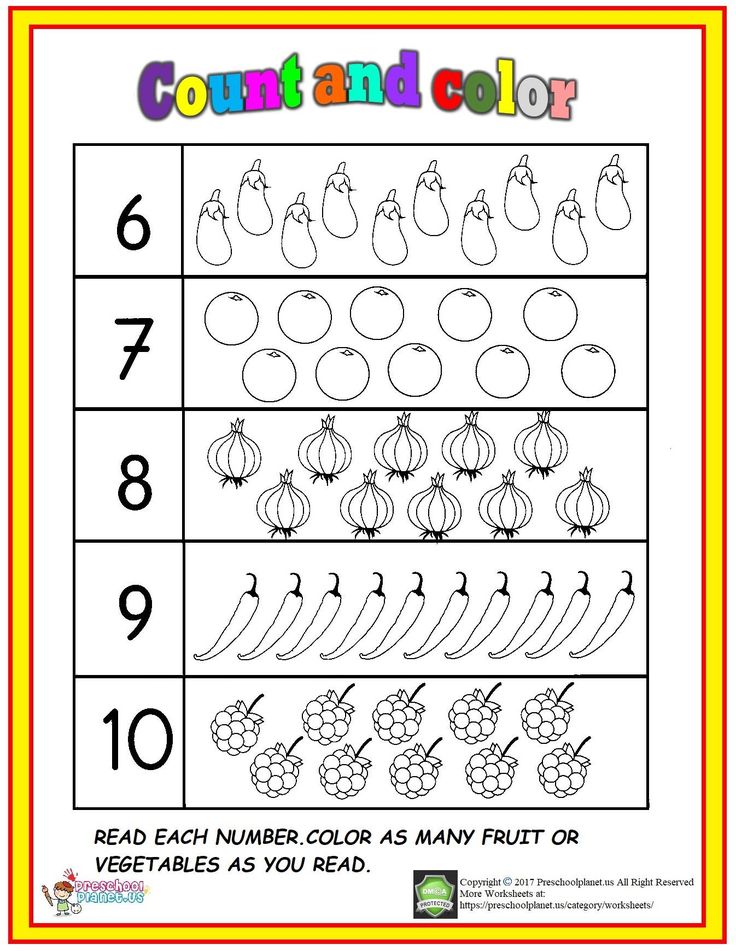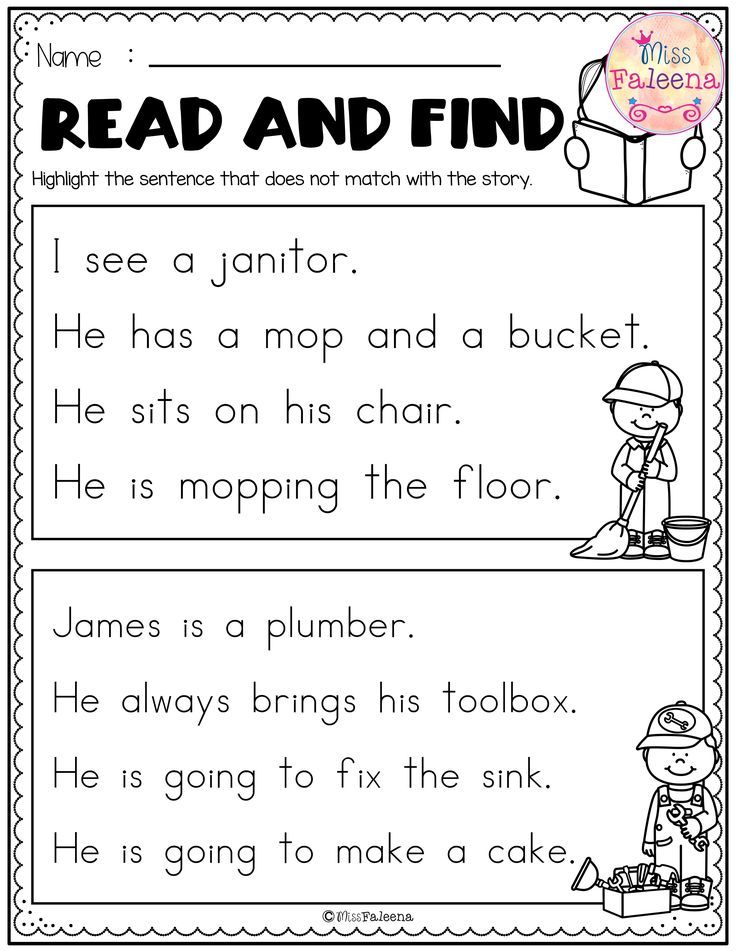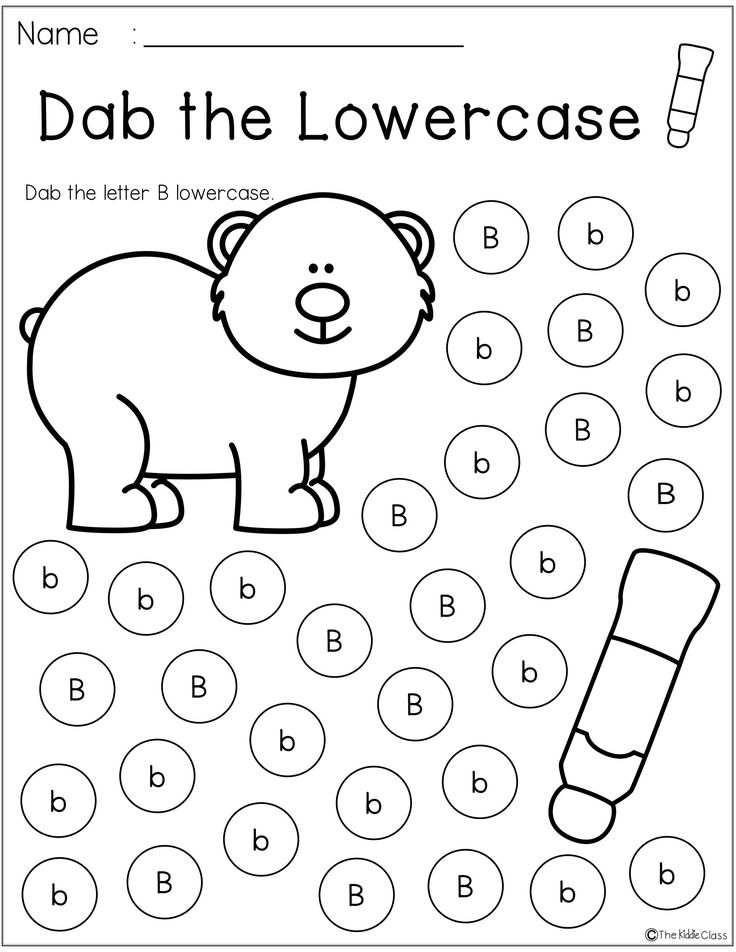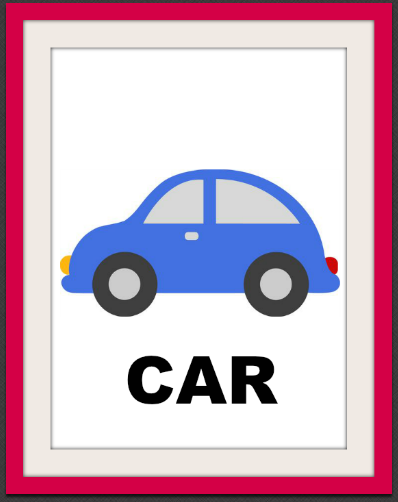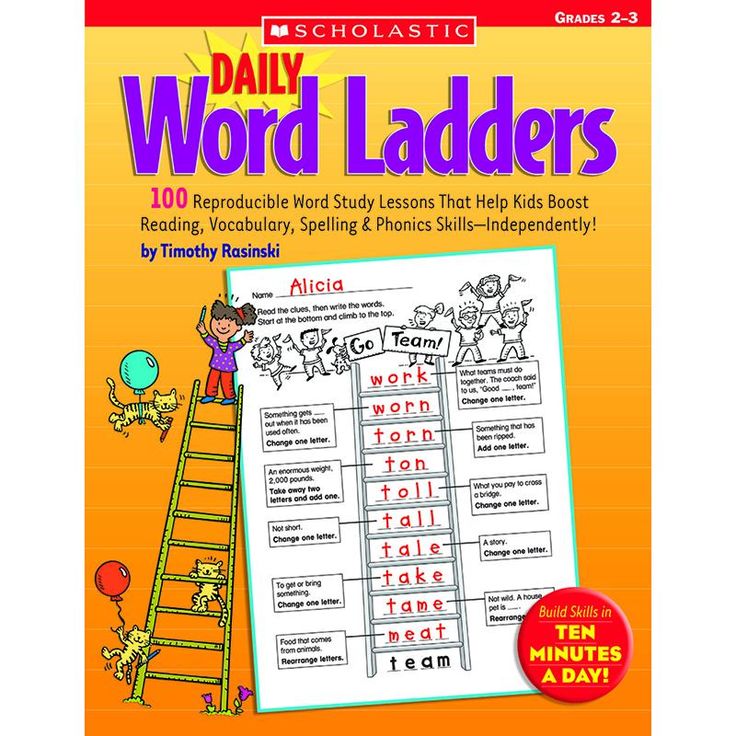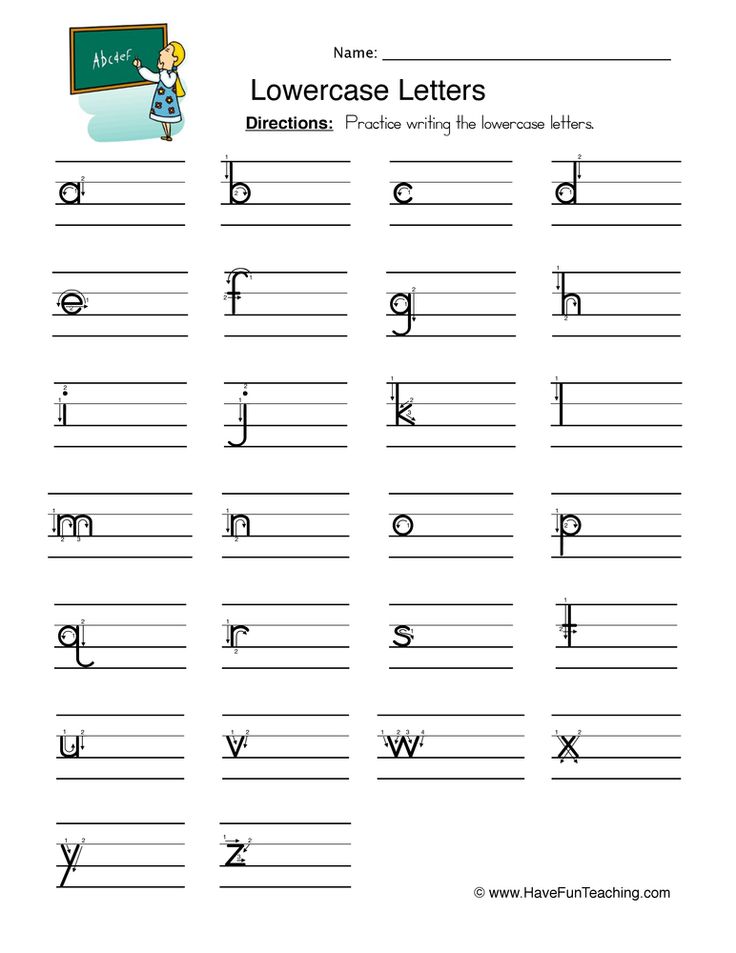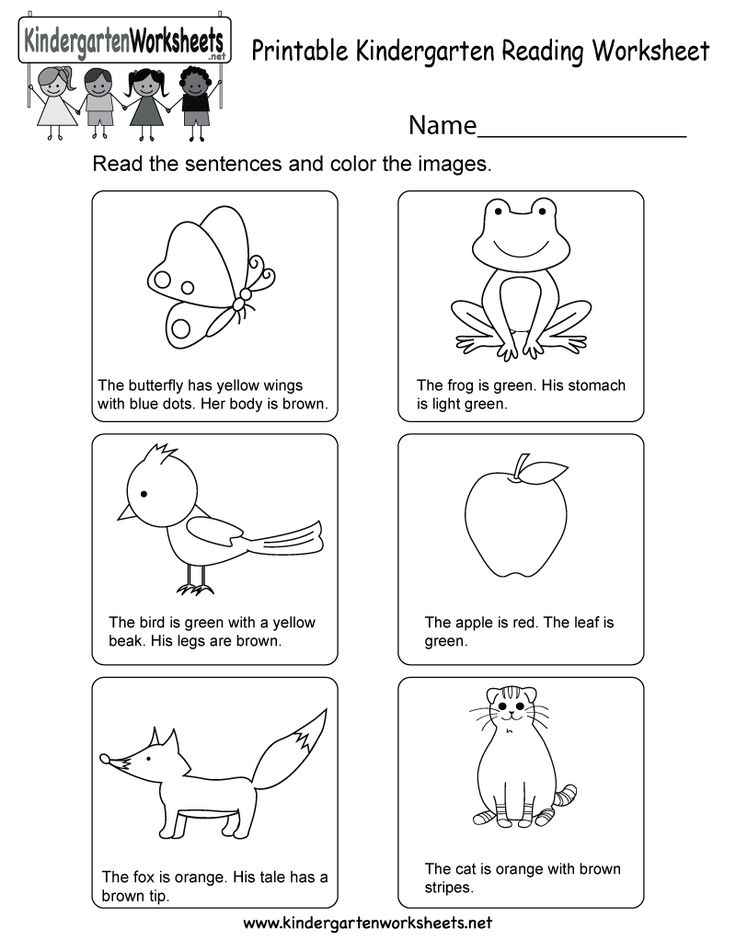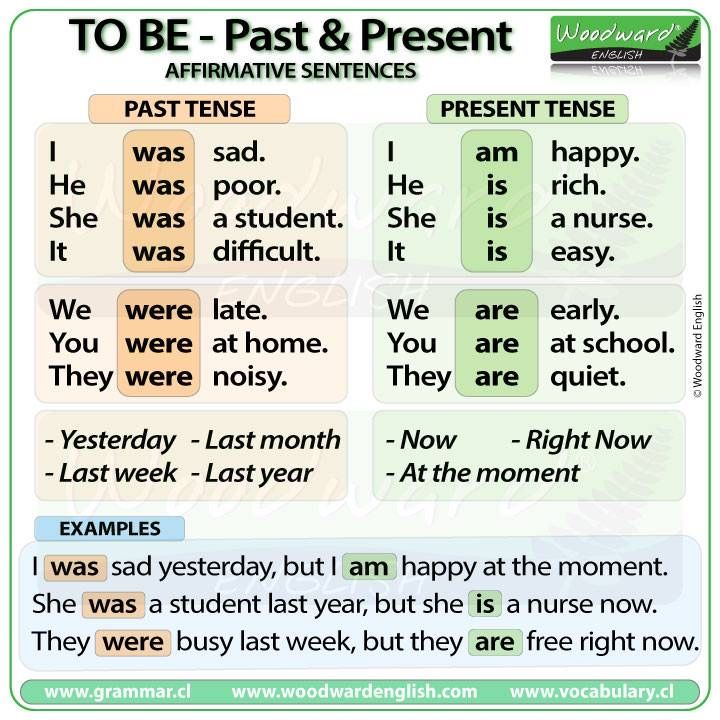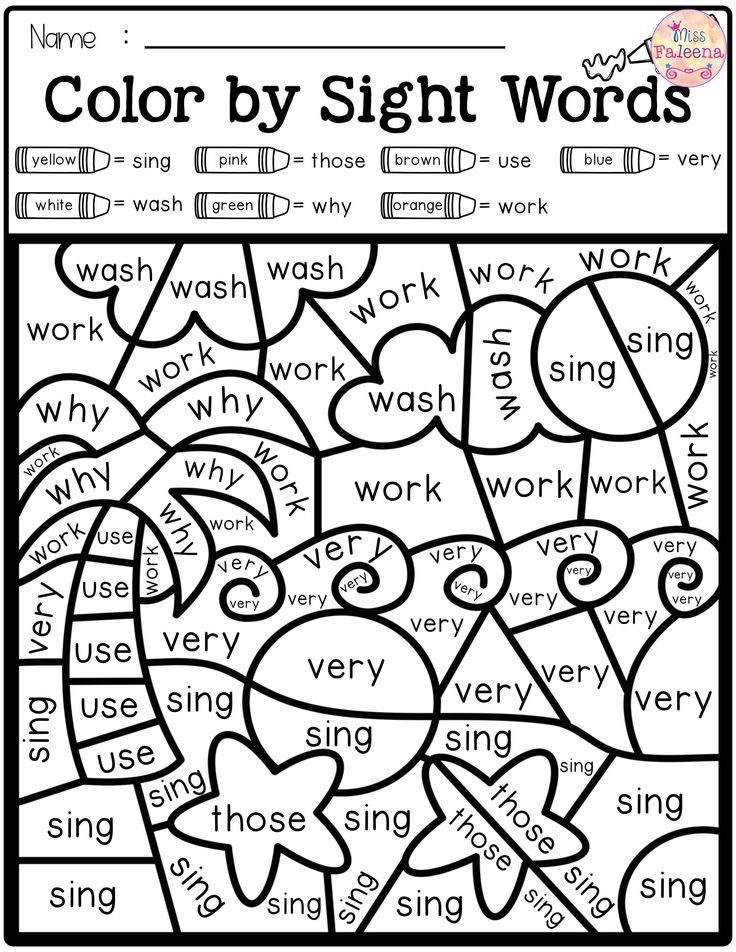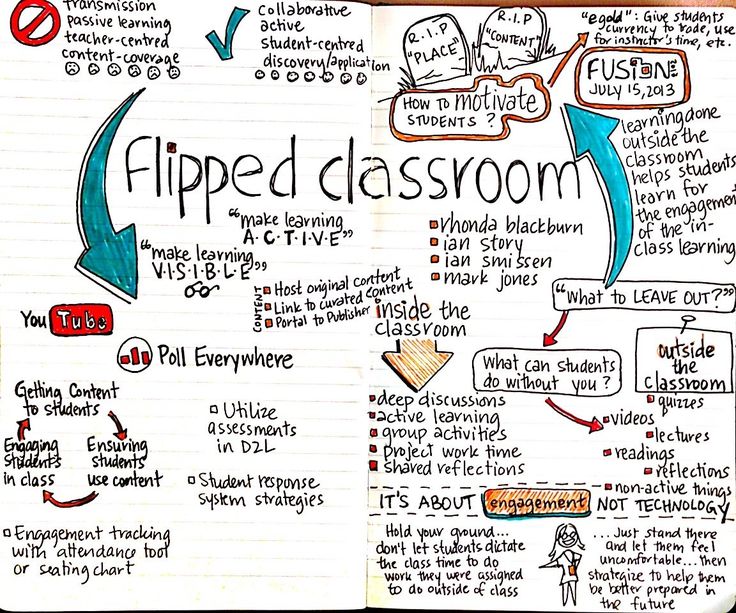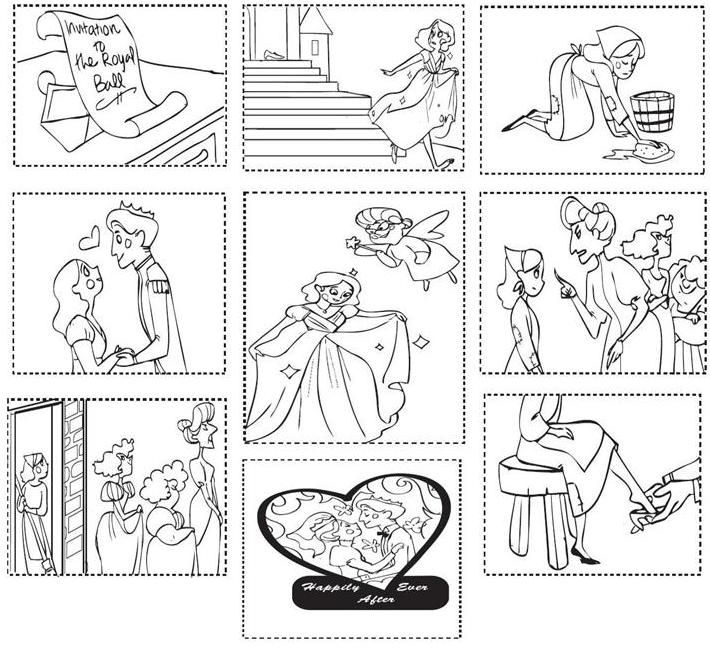School readers levels
Reading Levels Explained: What They Are & How They Are Assessed
When your child is first learning to read, reading levels are an important tool for helping them move forward without the struggle. But did you know even older readers can benefit from being matched with the appropriate reading level?
In this article, we’ll discuss how reading levels are used and how your child’s level is determined. With the right reading materials, your child can master reading and enjoy it for years to come!
What are reading levels?
Reading levels are a detailed way to pair your child’s reading ability with books they can successfully read and understand.
Reading levels are an effective way to measure a child’s reading progress. If your child is primarily reading books at or just above their determined reading level, they are more likely to find reading enjoyable.
As parents, we’ve all seen how reading can become frustrating. If a beginner reader tries to read a book that is far beyond their abilities, they may simply decide that reading is just too hard. And this frustration can create an overall dislike of reading and books. This is what leveled reading strives to avoid.
How is your child’s reading level assessed?
There are several different methods for measuring your child’s reading skills and classifying the books they will read.
We’ll be discussing the four most popular leveling systems in the next sections. Read on for the details on the GRL, DRA, AR and Lexile reading level measurements.
Guided reading levels (GRL) explained
Guided reading levels, or GRL, are based on the reading levels system developed by Irene Fountas and Gay Su Pinnell. For this reason, you’ll also often see GRL called Fountas & Pinnell.
This system classifies reading levels alphabetically from A to Z, with A corresponding to the earliest readers and Z falling in line with texts at or above an eighth grade level.
Books are grouped into the appropriate level based on the following considerations:
- Word repetition
- Sentence length
- Total word count
- Sentence complexity
- Number of different words
- Inclusion of supportive illustrations
- Amount of high-frequency (or most common) words
Because several GRL levels fall into each grade level, this is a precise way to classify reading materials.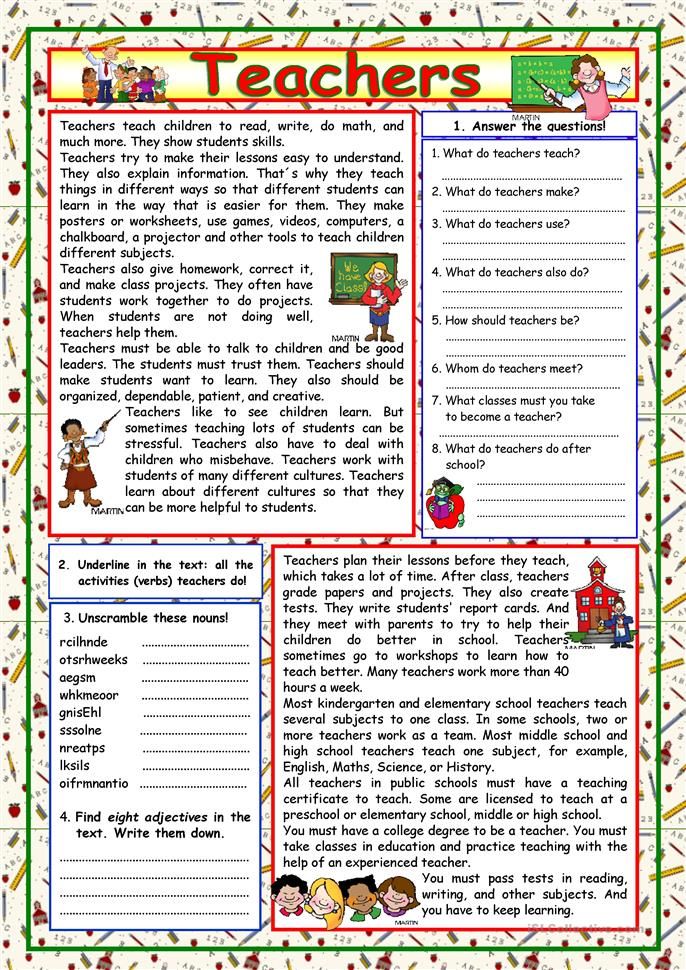 Not all second graders read at one level. But when second grade is split between levels I, J, K, L and M, more children will be able to find the right books to keep their motivation and confidence high.
Not all second graders read at one level. But when second grade is split between levels I, J, K, L and M, more children will be able to find the right books to keep their motivation and confidence high.
Developmental Reading Assessment (DRA)
The DRA, or Developmental Reading Assessment, helps identify how well students are reading independently.
This system matches the child with books on a numbered reading scale from 1 to 80 (it actually starts with A, but then all other levels are numbered. Confusing — yes, but unless your child is at the very beginning of reading, look for a number).
Your child’s score on the assessment is based on how well they perform against grade-level standards. The DRA looks at your child’s reading ability in three areas.
- Reading fluency
- Reading accuracy
- Reading comprehension
Like GRL, the different grade levels contain several DRA levels. For example, second grade includes DRA levels 18 to 28.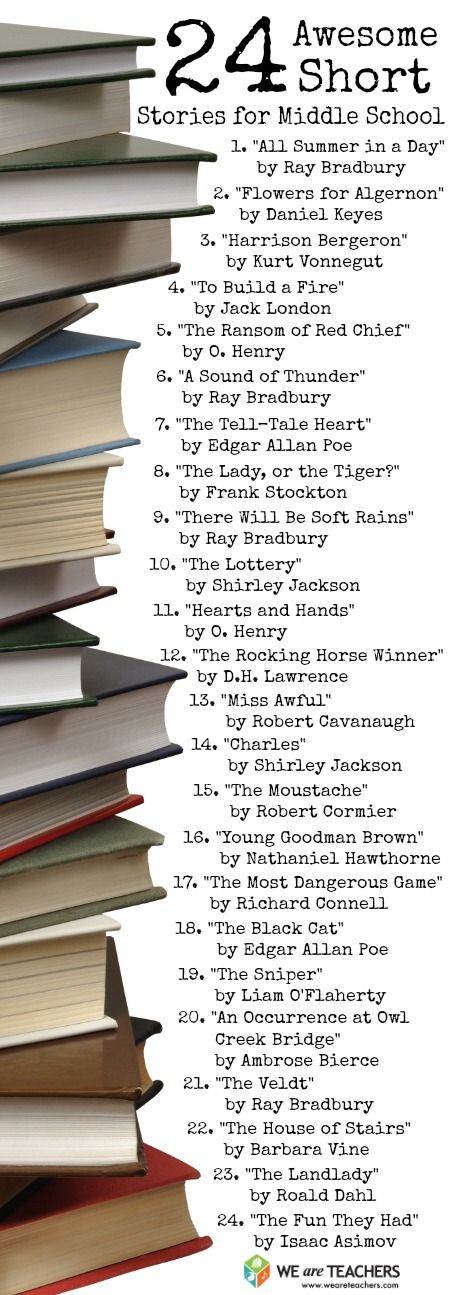 Once your child’s reading level is determined, they will be paired with leveled books to help them progress and improve.
Once your child’s reading level is determined, they will be paired with leveled books to help them progress and improve.
Lexile measurement
The Lexile framework for reading is a measurement system that includes two different measures — both a student assessment and a system for measuring book levels. Your child’s Lexile reading measure is determined from a school or state-wide test that checks for reading comprehension.
A Lexile reader measurement can fall between BR for beginning readers (which is below 0L), to above 2000L. Your child’s reading level can then be paired with books using their Lexile text measurement.
Over one million books, websites and other texts have received a Lexile text measure. Lexile recommends choosing books or texts for your child that fall between 100L below to 50L above their reading measure. This is deemed your child’s reading comprehension sweet spot.
Don’t know where your child falls? Talk to their teacher to see if their school uses the Lexile assessment.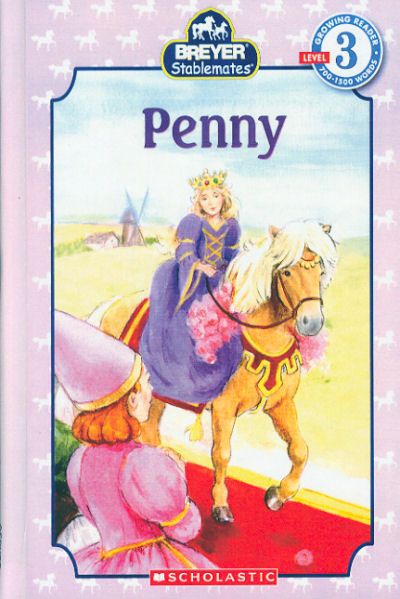 If so, they can provide you with your child’s most current measure.
If so, they can provide you with your child’s most current measure.
The Lexile framework is great for pairing more advanced readers with books that are still age-appropriate. If your child is reading above their level in the third grade, you don’t necessarily want them reading books with themes meant for seventh graders. Ask their teacher or use the Lexile website to discover age-appropriate books that will still hold their interest.
Accelerated Reader (AR) Levels
Your child’s Accelerated Reader (or AR) level is determined from a computerized test. After reading a book of their choosing, your child takes an online test on the book to measure their reading comprehension and earn points.
Based on the test score, your child’s teacher or librarian can help recommend more books to match your child’s level. If they struggled with their last book, easier options will be given. If they had zero trouble understanding the book, they’ll be encouraged to choose more difficult texts moving forward.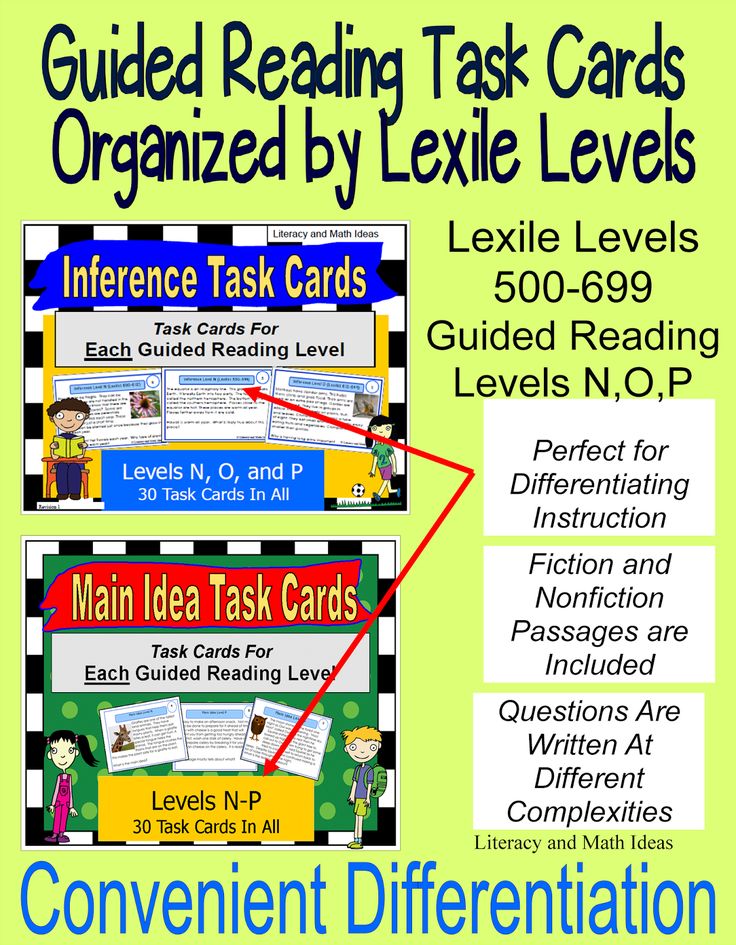
The AR reading levels fall on a numeric scale that closely correspond with expected grade levels. A second grader in the fourth month of the school year will, on average, be reading books at level 2.4. A fourth grader in the first month of the year will average level 4.1, and so on.
Reading level correlation chart
We’ve discussed several different reading measures, but how do they correspond with expected grade levels? And how does each measure relate to the others?
Use this handy chart from Reading A-Z to see how your child’s reading level fits into the different systems. Or check out the one below from Traci Clausen.
Reading level FAQs
1. How can I find level-appropriate books for my child?
First, ask their teacher or the school’s librarian for recommendations. They know your child’s interest and reading ability better than any computer resource. They will also be up to date on children’s books, including what is on level but also age-appropriate for your child.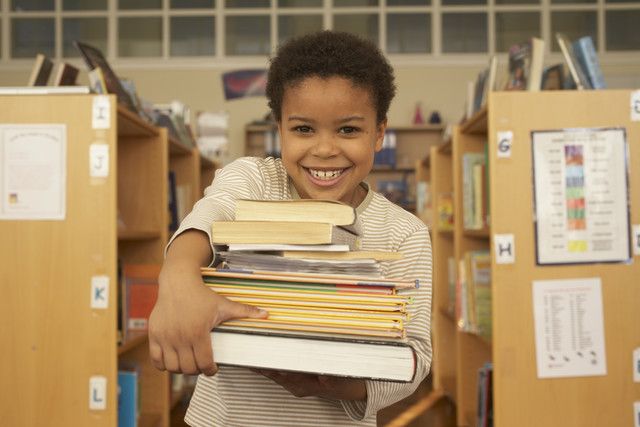
There are some great resources online for finding leveled readers your child will love:
- Find the right books that match your child’s Lexile measure.
- Check out the Accelerated Reader Book Finder if your child uses Accelerated Reading.
- Use the Scholastic Book Wizard to discover a book’s level or to find leveled recommendations.
2. How can I help my child improve their reading?
The short answer — encourage them to keep reading, whether they’re using books or online programs.
The more exposure they have to books, the better. Just be sure to choose book topics that lineup with their interests. Does your second grader love dragons? Try a simple fantasy chapter book. Does your fourth grader adore lemurs? Look for children’s non-fiction books about the creatures of Madagascar. If it’s something they’re interested in, they’ll be excited to read and learn.
If it’s a struggle to get your child to pick up a book, don’t stress! There’s reading to be found everywhere. Instead of arguing over reading time, invite your child to play an online game. Role-playing games (and even those online mini-games) require a good amount of reading. Or choose educational language arts games like Prodigy English. Games keep learning fun, and when your child loves learning and reading, they’ll be set for life!
Instead of arguing over reading time, invite your child to play an online game. Role-playing games (and even those online mini-games) require a good amount of reading. Or choose educational language arts games like Prodigy English. Games keep learning fun, and when your child loves learning and reading, they’ll be set for life!
3. What should I do if my child is struggling with reading?
First off, take a deep breath. There is so much pressure on both kids and parents to be reading earlier and earlier. It’s okay if your kindergartener isn’t reading yet. If your third grader is reading at a second grade level, they’ll catch up. Your primary role as a parent is to encourage them to keep trying, and keep their confidence and joy of reading top of mind.
To help encourage young or struggling readers, match them with books they are excited to read. Take them to your local library and let them choose the books that call to them.
If a book is beyond their level, but they just have to have it, let them enjoy it.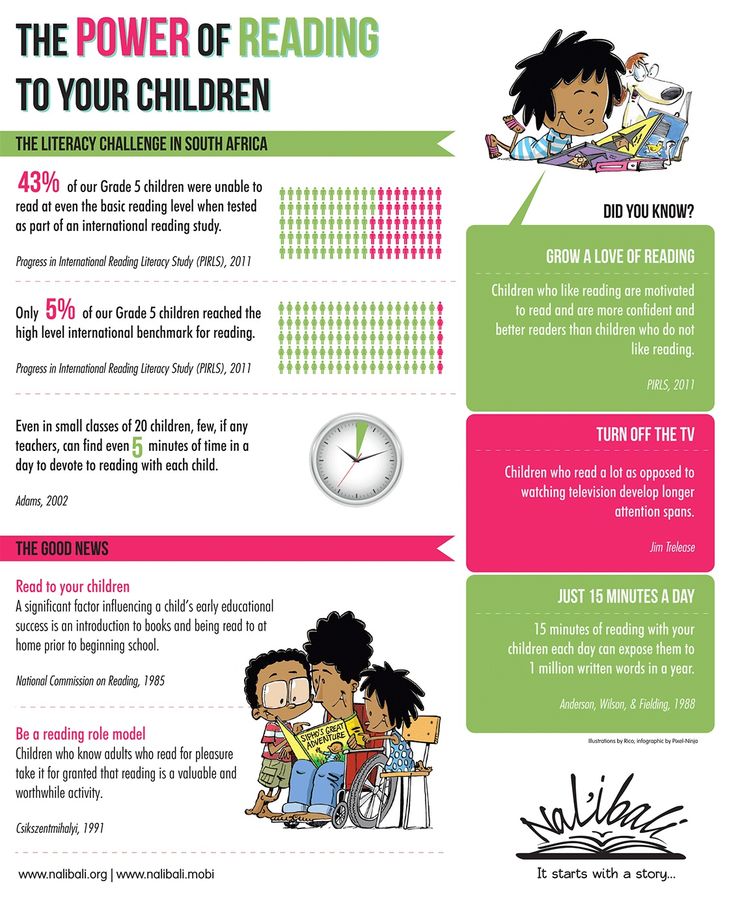 It may be just the challenge they need, or they may simply enjoy the pictures. If it’s too tricky, let them know that you’re available to help. Your child is never too old to enjoy a read-aloud.
It may be just the challenge they need, or they may simply enjoy the pictures. If it’s too tricky, let them know that you’re available to help. Your child is never too old to enjoy a read-aloud.
And don’t forget the reading that happens every day. Have them help you read the recipe for tonight’s dinner. Or ask them to show you their newest video game. Listen as they explain the characters and stories. Reading comprehension presents itself in a variety of ways outside of books and standardized testing.
Above all, remember your child is learning so much more than their reading level score can show. Reading levels can be a great tool, but they are not the only measure of your child’s reading ability. Follow your child’s lead, take the pressure off and watch them grow into reading in their own way.
Reading games and activities can help supplement coursework
Reading can be so much fun! It’s too easy to get caught up in grade levels, whether your child is “ahead” or “behind”.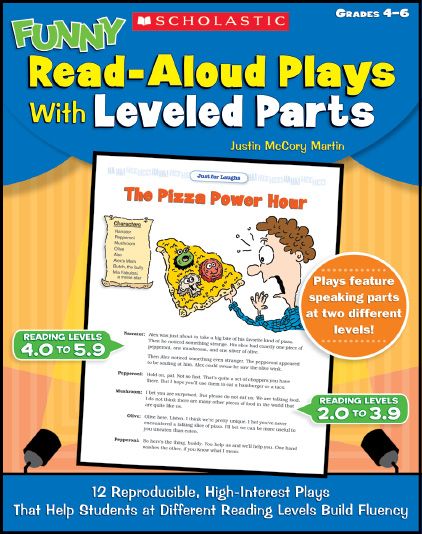 All of this can make us lose track of the magic a good story holds.
All of this can make us lose track of the magic a good story holds.
Bring some of that magic back with fun reading games and activities your kids will love. There are so many ways to read, explore and learn together.
Explore a fun, game-based learning adventure with Prodigy English. While kids play, they'll explore a world of their very own, gathering resources and earning rewards. Every skill-building question they answer gives them more energy to get creative and keep learning!
Sign up for a free parent account today to track and motivate their learning.
Sign up nowHow To Identify Your Children's Reading Levels + Which Books to Read
Want to know how to get your kids excited about reading? It starts with choosing appropriate books for their level. Here’s what you need to know about how to identify reading levels for kids!
How to Identify a Child’s Reading Level & Which Books Are Best for Each Reading LevelAre you looking for someone to explain reading levels in plain English?
Like, how you identify your child’s reading level and what they mean from the schools?
Some systems grade with numbers, while others are letters and scores.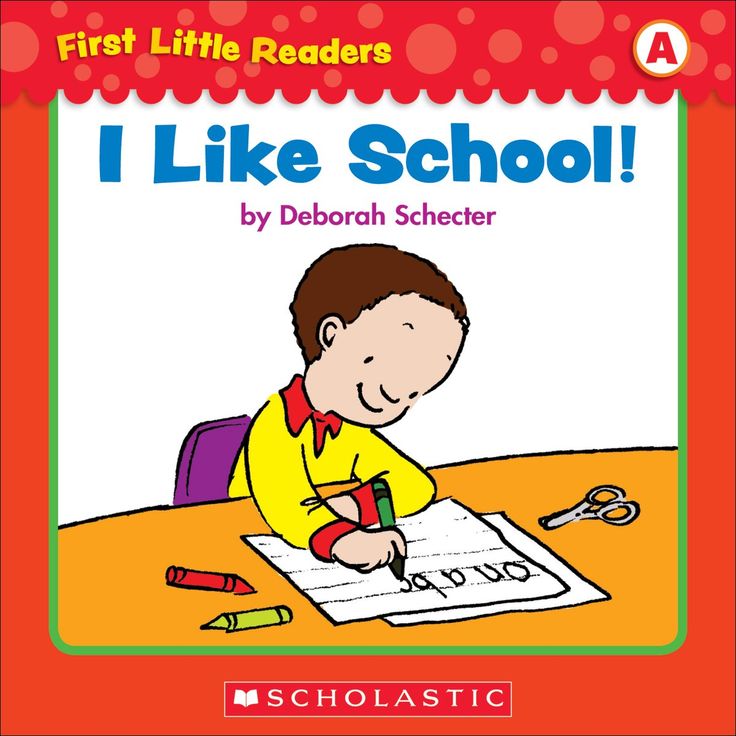 It’s no wonder it’s confusing.
It’s no wonder it’s confusing.
I struggled with this too. I wanted to get my kids books that they could easily read but I didn’t understand what the levels meant and how to choose a book based on those. After lots of research and trial and error, I’ve finally cracked the code(s).
I’m here to answer all your questions so you can feel confident in understanding your child’s reading abilities and can continue to help them grow as readers.
By the time you are done reading this you will understand:
- What leveled reading is and why it’s used
- The 4 major reading level systems
- How you can identify your children’s reading levels
- What level your child should be at based on their age and grade
- And how to help them choose an appropriately leveled book that nurtures their love of reading
Let’s demystify these systems and help you gain confidence in helping your child improve their reading skills.
What is leveled reading and why is it used?
Reading is a skill that is developed over time. As your child is learning to read they need reading material that they can decode to help gain confidence in their reading skills.
As your child is learning to read they need reading material that they can decode to help gain confidence in their reading skills.
This is where leveled reading comes into play. Leveled reading breaks down how difficult a particular book is and where a child’s reading ability is. This way they are given books and individualized reading instruction that help them become better readers.
While reading levels can indicate if a child is below grade level, on grade level, or above grade level, the most important job these levels provide is to help a teacher develop a good strategy and plan to improve that child’s reading skills.
I think the biggest takeaway is that your child’s reading level does not determine their intelligence or even how successful they will be in school. Instead, reading levels help teachers and homeschooling parents determine the best strategies to help your child succeed.
How to Identify Your Children’s Reading Levels
Most children who attend school sit down one on one with their teacher multiple times a year so that the teacher can identify your child’s reading level.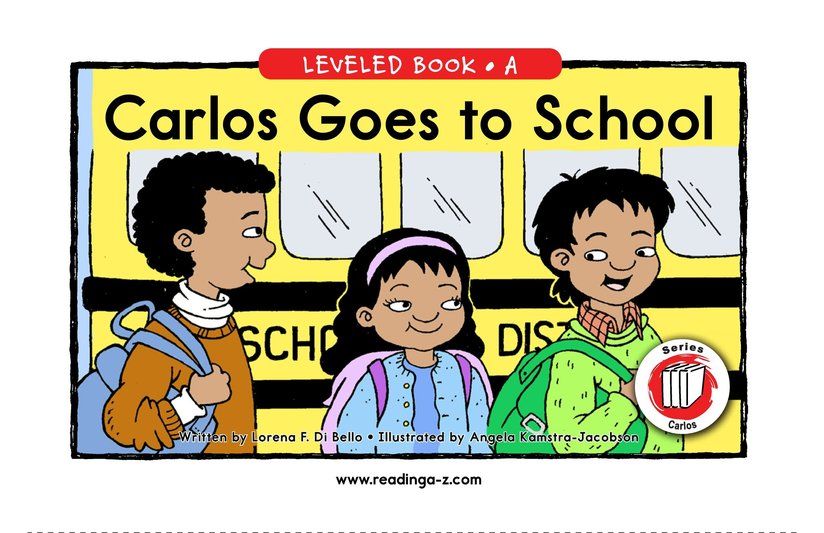 The teacher has the child read books from gradually increasing reading levels.
The teacher has the child read books from gradually increasing reading levels.
While the child is reading, the teacher takes into account how fluently and accurately the child reads, as well as their comprehension level.
To put it another way:
- Fluency means the child reads the text without many mistakes and can read it fluidly.
- Comprehension is how much the child is understanding from what they are reading.
A child who reads a book very fluently, without mistakes, can still not truly grasp what that book was about.
That lack of comprehension means that the book contains ideas, sentence structure, or vocabulary that is too difficult for them to understand and decipher. They would do better and enjoy reading more at a lower reading level.
How can you identify your child’s reading level at home?
Some websites advise parents to do an unofficial reading level assessment at home by making a running record.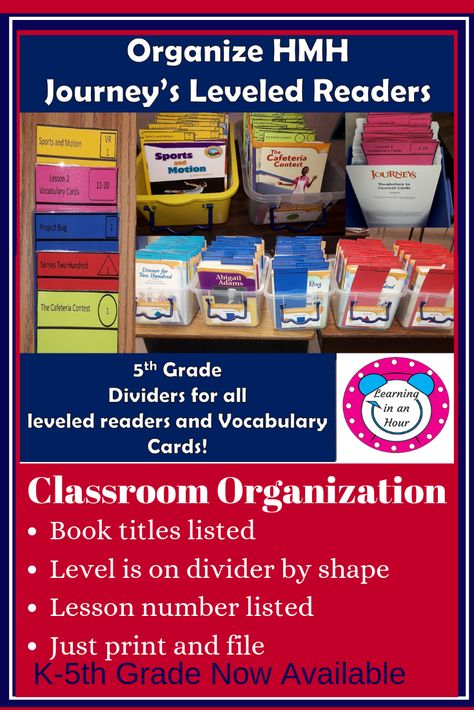 But I don’t think a running record is necessary at home. It’s overly complicated to just get an idea of your child’s reading skills.
But I don’t think a running record is necessary at home. It’s overly complicated to just get an idea of your child’s reading skills.
A running record is basically making a copy of the page that your child is going to read and mark down anywhere your child makes a mistake. A teacher would use this to identify particular reading struggles to give them a more complete picture of the child’s reading abilities.
Instead, what I suggest is choosing a variety of books that hover right around their level. Choose books that are slightly below what you perceive your child’s reading level to be. Also, pick out books on their level as well as one or two steps above their reading level. This way they have material they can easily master as well as books that will challenge them.
I found this really great list at Scholastic that outlines books based on Guided Reading Levels (I’ll get more in-depth about the different reading level systems in just a minute).
Here is a list of my favorite books to use to gauge and practice reading levels at home:
- A-C – Bob Beginner Books 1 (you can’t beat them),
- D-F – David Board Books (Level D), Go, Dog, Go (Level E and a classic we all may remember from our own childhood), Pete the Cat: Too Cool for School (Level F)
- G-I – Biscuit book series (Level G), Big Shark, Little Shark (Level I), Elephant & Piggie series by Mo Willems
- J-M – Fly Guy series (level J), Pinkalicious Series (level K), The Book with No Pictures (level L), The Day the Crayons Quit (level M)
- N-P – Stellaluna (level N), Nancy Clancy series (level O), Horton Hears a Who! (Level P)
- R-S – Shiloh (Level R), Matilda (Level S)
- T-V – How to Train your Dragon (Level T), Bud, Not Buddy (Level U), Holes (Level V)
- W-Y – Walk Two Moons (Level W), The Little Prince (Guided Level X), Echo (Level Y)
In the Bob Books, your child should read a couple of the books as they progressively get more challenging.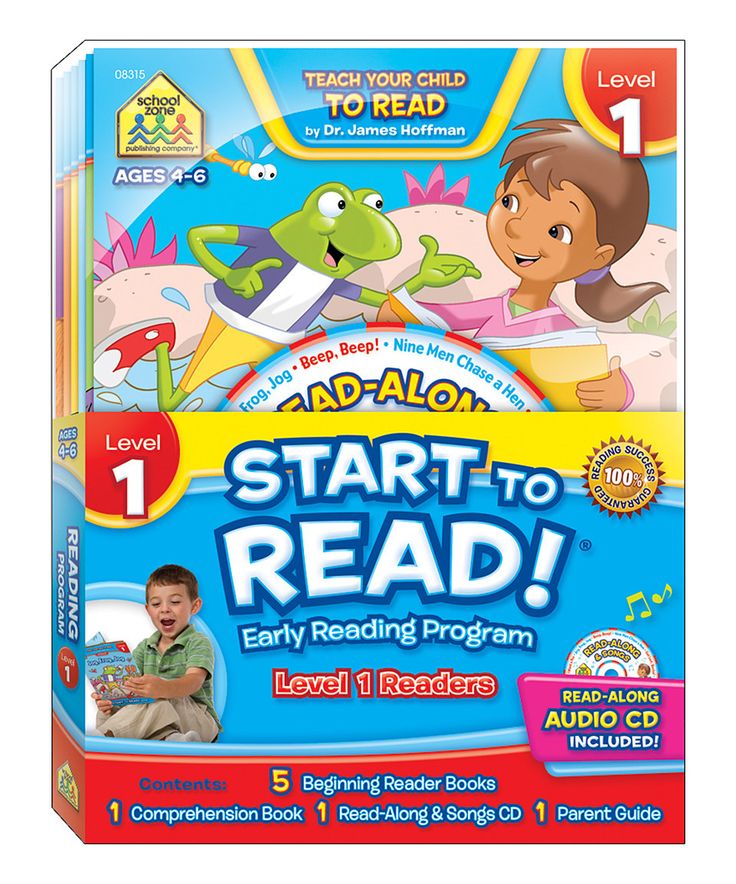 In other early reader short books, your child can either read the entire book or read a few pages.
In other early reader short books, your child can either read the entire book or read a few pages.
For longer books, one page is usually enough to get an idea if your child is mastering fluency and comprehension.
To gauge fluency, keep a simple tally count of mistakes as they are reading and notice if they are able to read with inflection and emotion. I keep track of mistakes by putting a clipboard on my lap under the table and making a small dot for each mistake. I make sure to do this completely out of the view of my child. The reason is simple: I don’t want them shutting down or losing the joy of reading simply because they see me marking mistakes.
Remember, the goal is to build a love for reading!
To evaluate their comprehension, you should pre-read the selection you are giving your child and have some ideas of a few questions you can ask them once they finish reading the selection.
When they get to a point that they are challenged but still comprehending with good fluency, you have found their approximate reading level.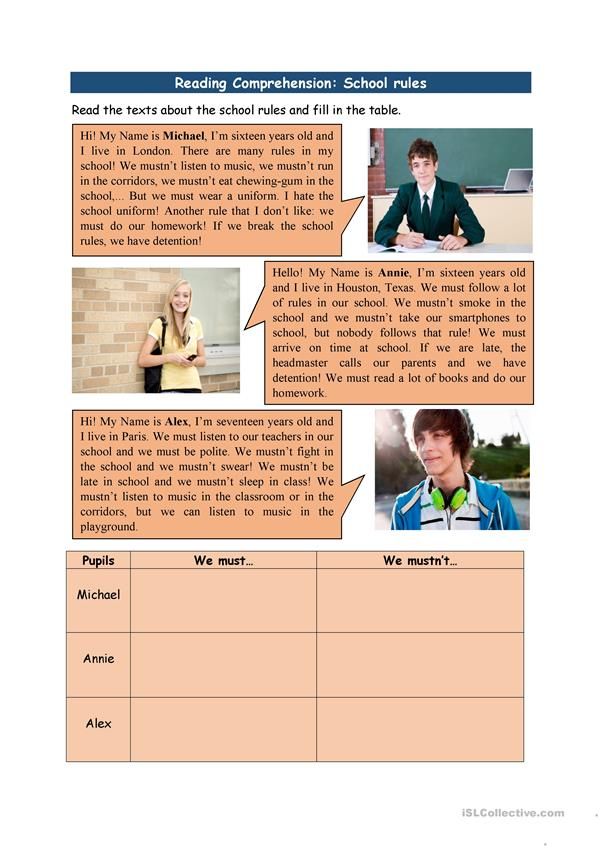
At home, they should have access to books that are one or two levels below their reading level. This builds confidence for budding readers.
The 4 Major Reading Level Systems
As if this whole reading level thing wasn’t confusing enough, there isn’t just one reading level system. In fact, there are 4 major reading level systems, which different school districts use.
The 4 major reading level systems are guided reading level, accelerated reader, developmental reading assessment, and Lexile measurement levels.
Let’s break these different systems down so you can understand the one that your child’s school uses, or one that you may want to adopt to track your child’s progress.
Guided Level ReadingThis is the system that I used to make the list of books for you to do your home reading assessment above.
It is also one of the most popular systems through school districts. So it only makes sense to go over it first.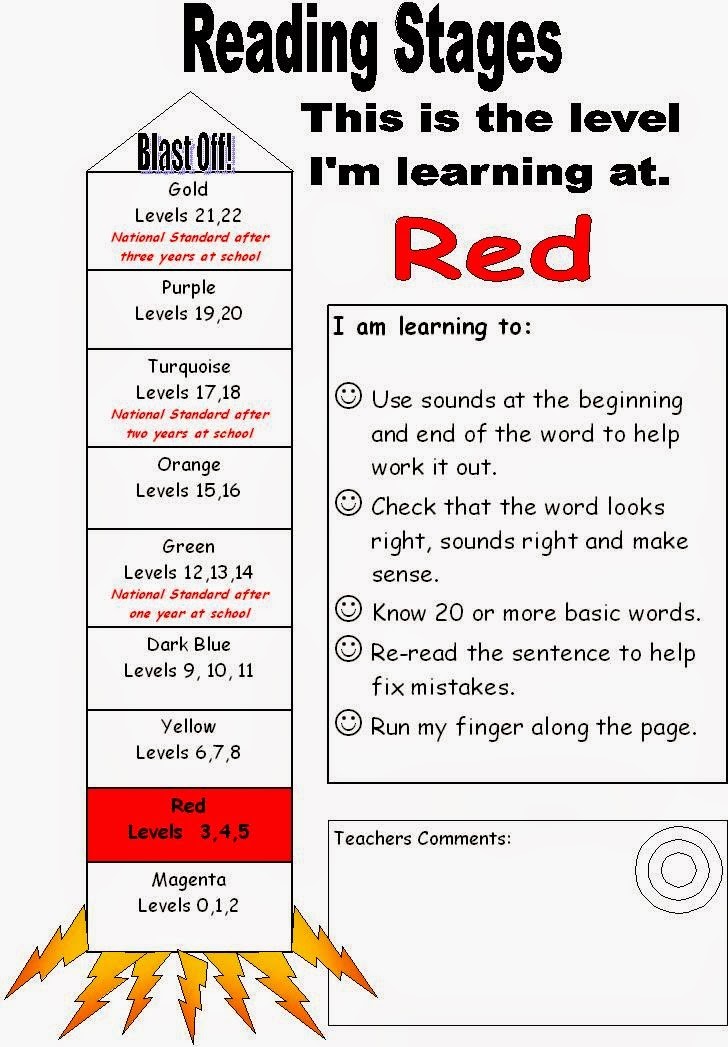
Guided Level Reading was developed by Irene Fountas and Gay Su Pinnell. It uses an alphabet system of dividing books into appropriate levels. Level A are the easiest books and they get progressively more challenging until you reach the most difficult books at Level Z.
For each grade level, there are multiple different reading levels so that as your child progresses they can get gradually more challenging books.
Children are tested on level by reading a benchmark book. That means a book that they have never read before is what you can use to determine their fluency and comprehension. The list of books I gave you above would be examples of benchmark books.
This system is popular because it gives a clear vision of where the child is with their reading skills but it isn’t as obvious to the child whether they are ahead, behind or on target with their peers. So it can be better for the child’s confidence and can reduce bullying or comparison.
This is by far my favorite system because once you know what letters correspond to which grade, it is very easy to understand.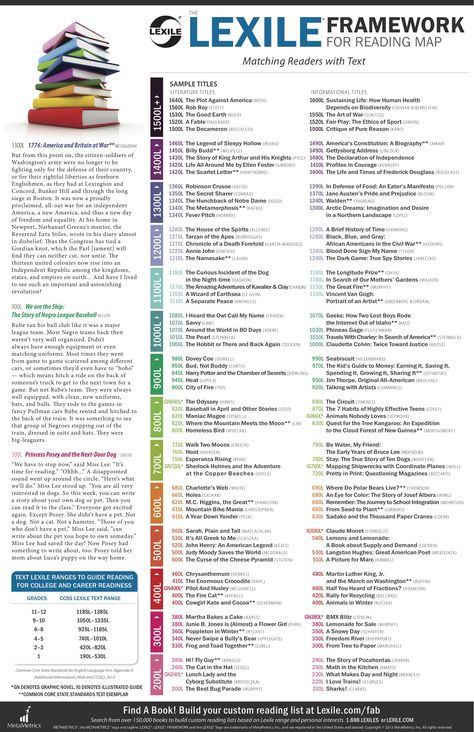
Accelerated Reader
Accelerated reader is the system I remember from childhood. Books are based on grade level with a decimal system giving each grade a scale of 10. So what does that look like?
A book could be leveled at 1.8 meaning it’s a first grade level book but the difficulty is moving towards a second grade level book. The biggest difference between Accelerated Reader system versus the other systems is that it has a computer program that quizzes children on the books they read.
This can be problematic for children struggling with reading. Quizzes can cause anxiety even in young children, and cause a negative association with reading.
For that reason, I am not the biggest fan of this particular system, but it is still very popular in the school system.
Developmental Reading Assessment
This system also starts by testing a child by reading a benchmark book. Remember, a benchmark book is a book that helps test your child’s fluency and comprehension.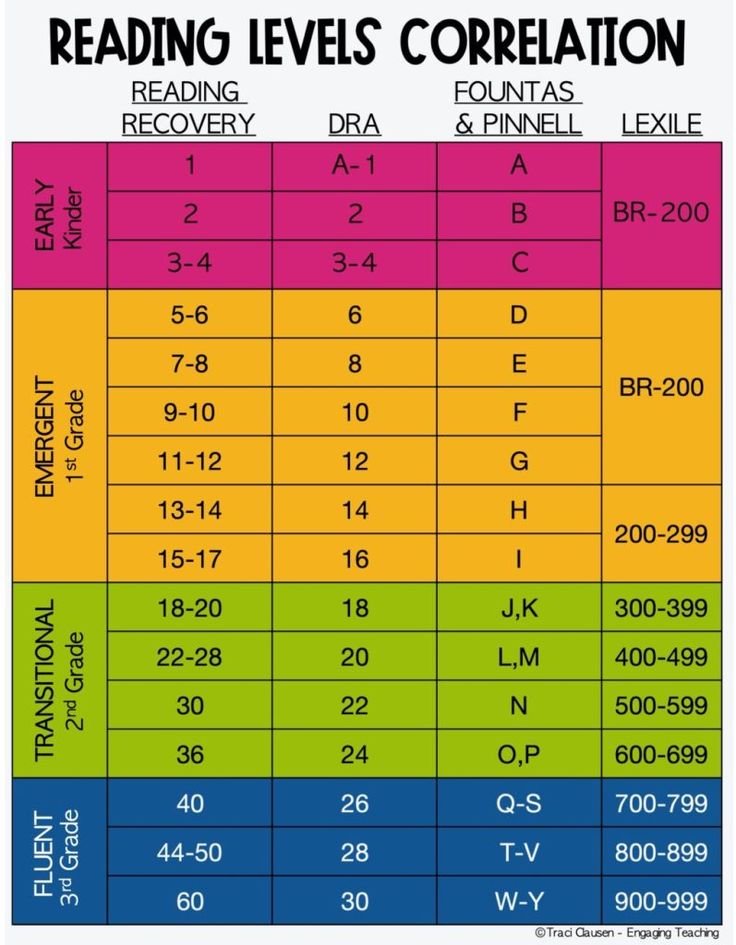
Developmental Reading Assessment (also called DRA) is a system of leveled books and tests created by Pearson (one of the most popular textbook and educational tools in the US).
I think this system is a little more confusing because it starts with a reading level labeled level A then immediately switches to numbers. So very beginning readers start with leveled A, then it switches to levels 1-80 with 80 being the most difficult.
This is also a very popular choice with school districts, so you may be used to seeing this.
This system ranks books and reading materials based on readability and how difficult it is to read them.
Lexile Measurement Levels
If your child’s reading levels look something like “200L”, then they are using the Lexile Measures system.
This system does not start with a benchmark book but with a standardized test. This system ranks books and reading materials based on readability and how difficult it is to read them.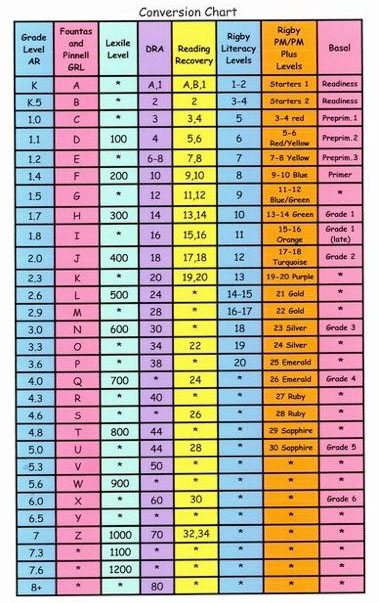
Levels for the Lexile Measuring system start with BR for beginner readers and then transition into a number like 700L for more advanced readers. Let’s be honest…this makes this system a little more confusing for us parents.
This is a less popular option for schools, but a few do use it. So I want to cover it in case you fall in this group.
What Levels Should Your Child be Reading Based on Grade?
Overall, reading levels are supposed to help with small reading groups and interventions if necessary. They also help a teacher to develop tailored instruction based on each child’s reading level.
How do you know if your child is reading on grade level based on their reading level?
I am going to break this down by grade and I am going to cover all 4 reading level systems: guided reading level (GRL), accelerated reader (AR), developmental reading assessment (DRA), and Lexile measurement levels (Lexile).
Then you can compare your child’s reading level with the reading levels for their grade to get a better understanding of where your child is with learning to read.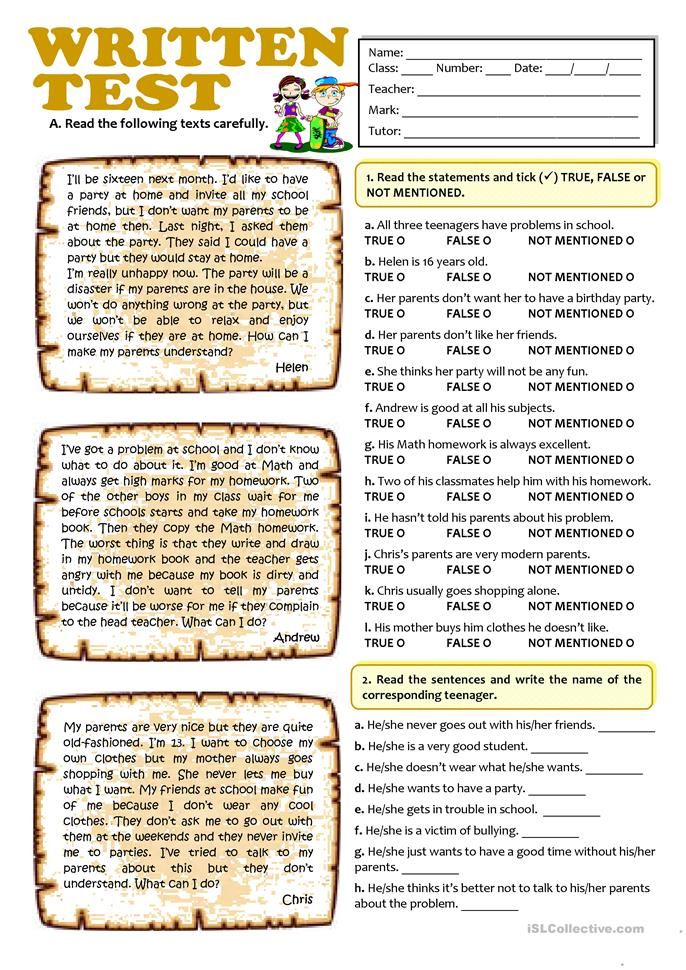
You can also notice that for all the reading level systems, except for accelerated reader, reading levels overlap between grades. So, for example, GRL reading level S could be for fourth grade or fifth grade.
Remember, your child may fall outside of these boundaries – they are just general guidelines.
Kindergarten Reading Levels
- GRL: A-C
- AR: 0.1-0.9
- DRA: A-4
- Lexile: BR40l-230L
- GRL: C-I
- AR: 1.0-1.9
- DRA: 4-16
- Lexile: BR
- GRL: I-M
- AR: 2.0-2.9
- DRA: 16-24
- Lexile: 107L-1080L
- GRL: M-P
- AR: 3.0-3.9
- DRA: 24-38
- Lexile: 415L-760L
- GRL: P-S
- AR: 4.0-4.9
- DRA: 38-40
- Lexile: 635L-950L
- GRL: S-V
- AR: 5.
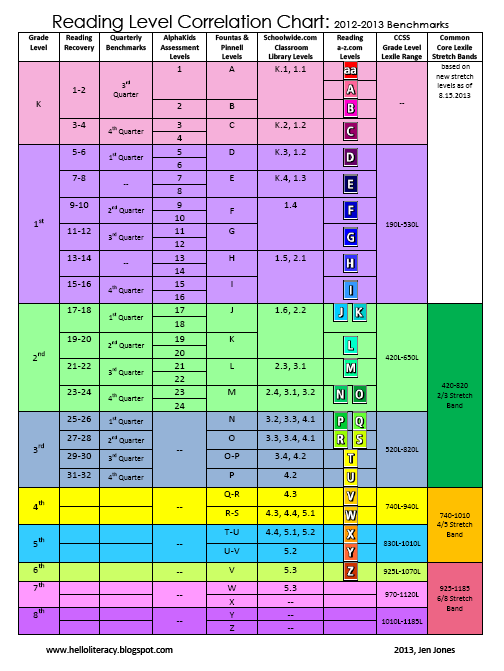 0-5.9
0-5.9 - DRA: 40-50
- Lexile: 770L-1080L
- GRL: V-Y
- AR: 6.0-6.9
- DRA: 50-60
- Lexile: 855L-1165L
What to do if Your Child is Reading Below Their Grade Level
If you are told your child is reading below grade level, it can be a gut punch. So what do you if your child is reading below grade level?
First, don’t panic. Children develop their reading skills at different stages, some children are early readers and some children take a little longer to get there. Just like some children walk early and some children walk late.
Next, just continue encouraging reading at home by reading books together and discussing what you’re reading. You can also continue to provide them reading materials they can comfortably read and enjoy.
Positivity and encouragement, along with shared reading time will go a long way!
How to Help Your Child Choose a Book to Read
So now that you know what your child’s reading level is and what that means, how can you help your child choose a book to read?
The number one factor in helping your child choose a book is to pick something they are interested in, even if it is above or below their level.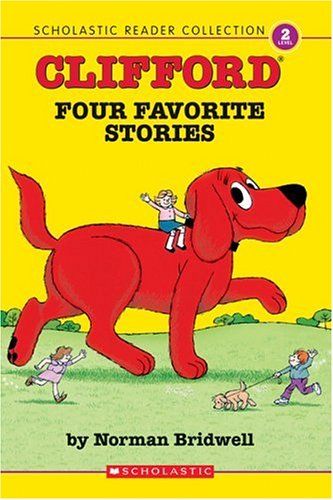
You want to foster a love for reading because it’s enjoyable. With time and practice, the skills will come! Of course, if you are truly concerned, speaking with your child’s teacher to come up with a game plan may be helpful as well.
The Takeaway
At this point, I hope you feel more confident in understanding the different reading level systems and how they are used to help your child to become a better reader.
Remember, your child’s score is not an indicator of how successful they will be and all children develop reading skills at different ages.
Just continue to nurture a love for reading with your child by providing them books they are interested in and spending time reading to them and with them. You’ve got this!
More Resources On Positive Parenting & Screen Free Kids:
- Safety Tips for Kids: Books to Reinforce Safety Rules for Kids
- Pros and Cons of Homeschooling: Weighing School Options
- 10 Ways to Limit Screentime and Raise Unplugged Kids
- Creating Screentime Rules for Summer (Free Printable)
- 10 Screen-Free Alternatives Before Bedtime
- Printable Screen time Rules Checklist for Kids (PDF)
What awaits schoolchildren this winter: Minister of Education of the Novosibirsk Region Sergey Fedorchuk answers questions from NGS readers November 9, 2022 | NGS
New at the bottom New at the top
Elizaveta Shatalova
Share
An online broadcast with Minister of Education Sergey Fedorchuk is going on in our VKontakte group.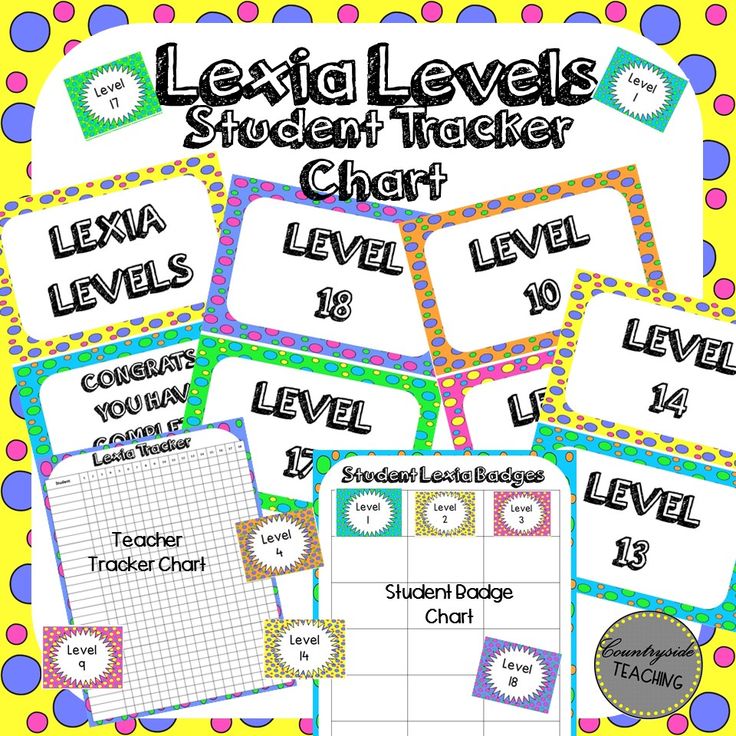
Share
Elizaveta Shatalova
Share
The minister tells how the New Year holidays will be held.
— There will be no additional measures this year. But the lockdown has been extended. But in the case of a normal situation, small events are not yet prohibited, subject to all sanitary restrictions. So, I think we will hold Christmas trees,” the minister said.
Sergey Fedorchuk also added that if things get better, a common tree will be held. But, most likely, this year it should not be expected. There are no teachers infected with the coronavirus at the beginning of the second quarter.
Share
Elizaveta Shatalova
Share
Winter holidays will be scheduled.
— They will be different in each school. By law, they will be at the end of December and at the beginning of January. Today, educational organizations can locally set vacation dates.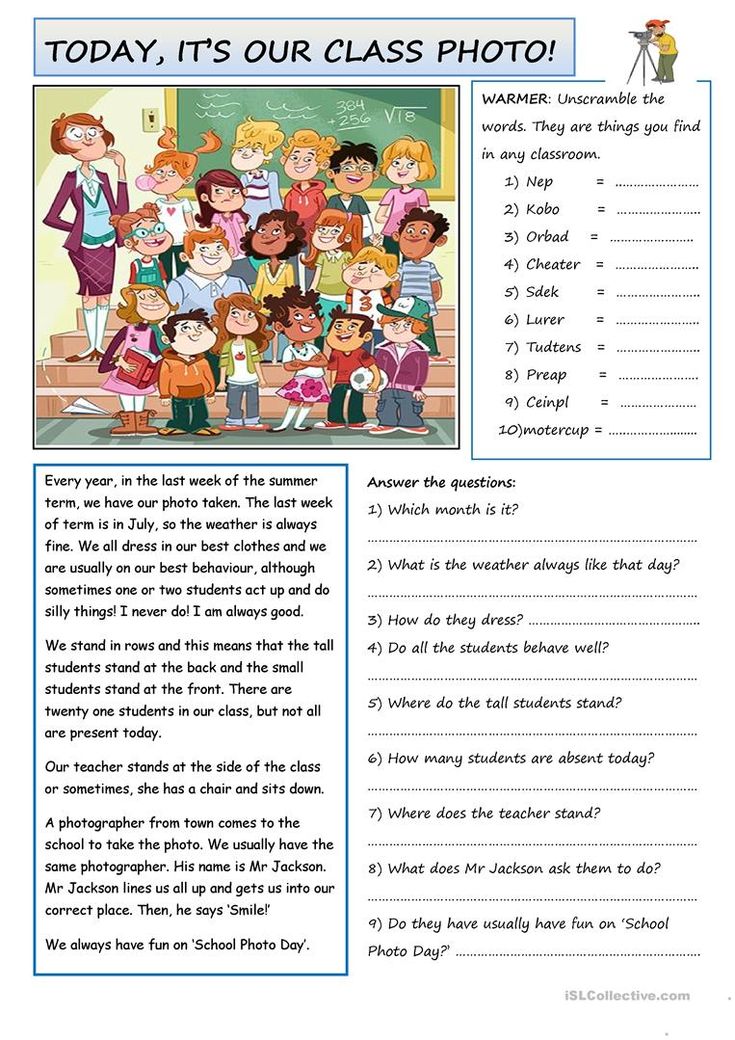 This needs to be clarified in schools,” Sergei Fedorchuk noted.
This needs to be clarified in schools,” Sergei Fedorchuk noted.
Share
Elizaveta Shatalova
Share
The Minister spoke about how the level of training of schoolchildren has changed.
— I can't say that over the past five years the level of training of schoolchildren has fallen. We have certain concerns about the Russian language, if we take the results of the OGE in the 9th grade. If you rewind five years ago, the dynamics are positive. A lot of problems. Somewhere there is not enough preparation of the teacher, somewhere the children do not have time to learn the material. We are working together with the municipality,” the minister said.
Share
Elizaveta Shatalova
Share
Readers in the chat are asking if tea parties can be held in the classroom.
— I don't know the specific epidemiological situation in this particular school.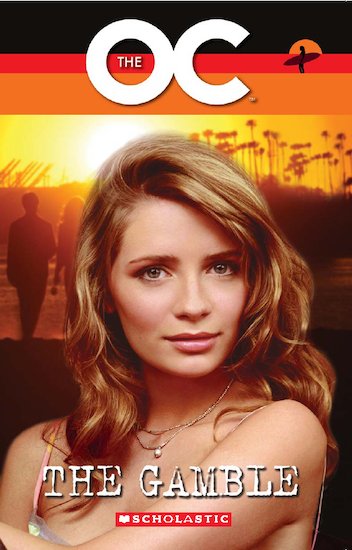 I can't say if it's possible or not. The director decides. Today there are no such restrictions. It may not be right to hold such events in the middle of the quarter. These will be contacts of children who study in different classes. If the director makes such a decision, then he probably has such a reason. Parents can talk to the administration,” the Minister of Education replied.
I can't say if it's possible or not. The director decides. Today there are no such restrictions. It may not be right to hold such events in the middle of the quarter. These will be contacts of children who study in different classes. If the director makes such a decision, then he probably has such a reason. Parents can talk to the administration,” the Minister of Education replied.
Share
Elizaveta Shatalova
Share
The minister spoke about how the level of training of schoolchildren has changed.
— I can't say that over the past five years the level of training of schoolchildren has fallen. We have certain concerns about the Russian language, if we take the results of the OGE in the 9th grade. If you rewind five years ago, the dynamics are positive. A lot of problems. Somewhere there is not enough preparation of the teacher, somewhere the children do not have time to learn the material. We are working together with the municipality,” the minister said.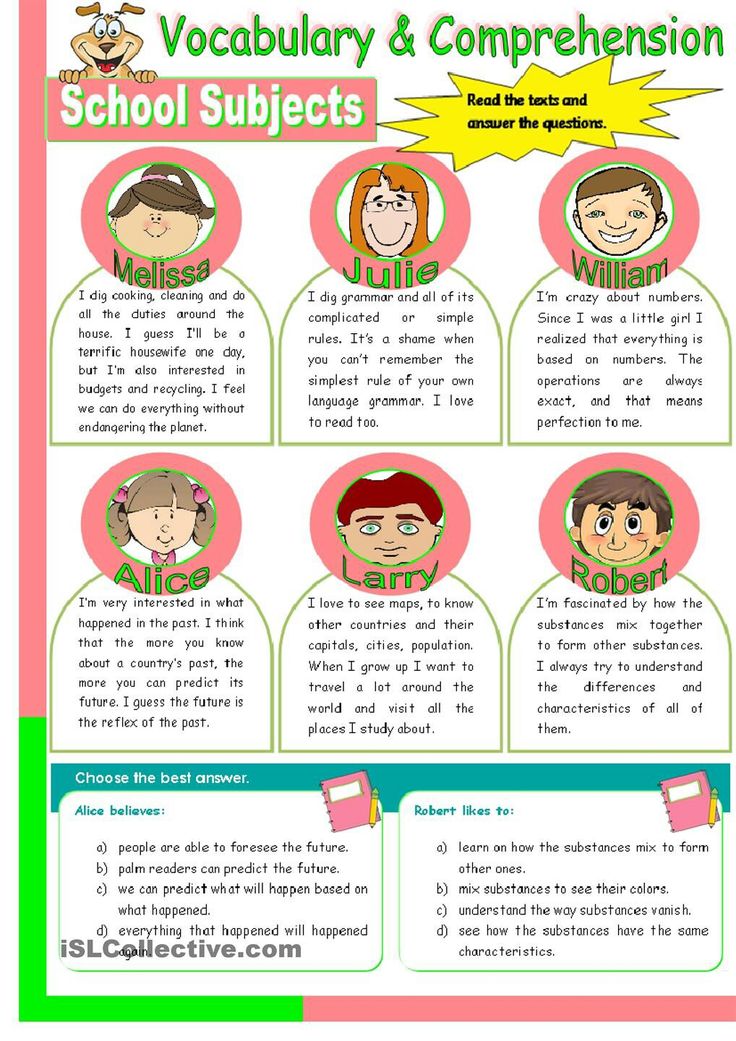
Share
Elizaveta Shatalova
Share
The increase in the demand for tutors, as noted by the Minister of Education, is associated with the high value of the Unified State Examination.
— Imagine that a child who does well in the Unified State Examination can enter any university in Russia. It is clear that parents want their child to prepare with maximum efficiency. They understand that he can enter Moscow State University, MGIMO, - said the Minister of Education.
Share
Elizaveta Shatalova
Share
About talking about important things
The minister commented on the lesson “Taking about important things”. Sergei Fedorchuk, in response to a reader's question about the teacher's remuneration for additional work, noted that the teacher receives money for this as for paid hours. And if the school does not pay extra, then you need to contact the municipality.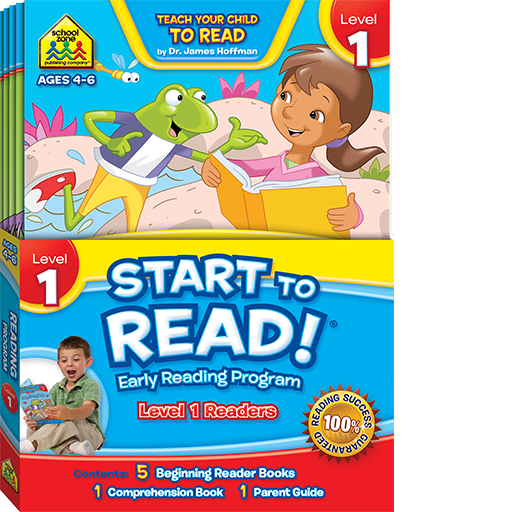
— There are developed teaching materials. There are topics of regional importance. History of the Novosibirsk region, Novosibirsk. Not only those topics that were advised at the federal level. Lessons go on, it's not always easy, it's not equally good everywhere. It takes time for teachers to understand the algorithms for conducting lessons. I think it will be easier in the second quarter. I don't see anything wrong with that," he said.
Today is a mandatory lesson to attend, the minister said. But this does not mean that if the child missed it, then you need to ask him something.
Share
Elizaveta Shatalova
Share
NGS reader asked to introduce a five-day school week.
— No one approached me to introduce a five-day period instead of a six-day period. This is the authority of the educational organization. They have a curriculum. It is clear that there are rules for doctors. And for high school students, for example, it is impossible to accommodate all the lessons in five days.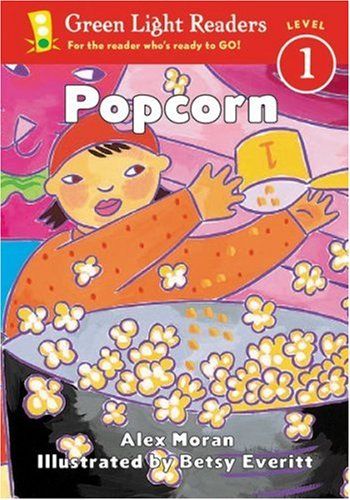 And such a plan will not pass the test. But if it is possible to distribute, then the parents with the school administration can get together and distribute the lessons for five days,” the minister explained.
And such a plan will not pass the test. But if it is possible to distribute, then the parents with the school administration can get together and distribute the lessons for five days,” the minister explained.
Share
Elizaveta Shatalova
Share
Bomb shelters in schools
The minister answered a question from the chat about bomb shelters in schools.
— There are no bomb shelters at the school. Today, the issue of using basement rooms for shelter is being discussed. In new schools, if they match, you can use. This is a separate activity that we will carry out jointly with the Ministry of Emergency Situations,” answered Sergey Fedorchuk.
Share
Elizaveta Shatalova
Share
Readers complained about the food at the school. The minister advised to contact the principal of the school, the ministry's hotlines or the municipality.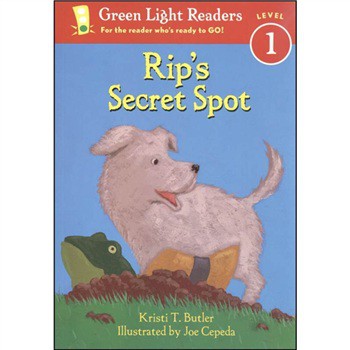 You can also contact Rospotrebnadzor if there is a problem with the quality of food.
You can also contact Rospotrebnadzor if there is a problem with the quality of food.
— Not everywhere everything is done to look away. I go to different schools, and there are no particular complaints. It is clear that there are always children who do not eat something. It is clear that if a child is fed sandwiches at home, and porridge at school, then we should not cancel porridge. I admit that some schools break the rules. Recently, about 10 cases can be cited, where there were violations, the minister noted.
It is also possible to join a parent association and participate in the work of the school. Also, each school has an employee who is responsible for meals.
Share
Elizaveta Shatalova
Share
School No. 57 will be built before the end of 2024. Also, school No. 54 is now about 80% ready, the minister said. According to the contract, School No. 54 is going to open in December 2023.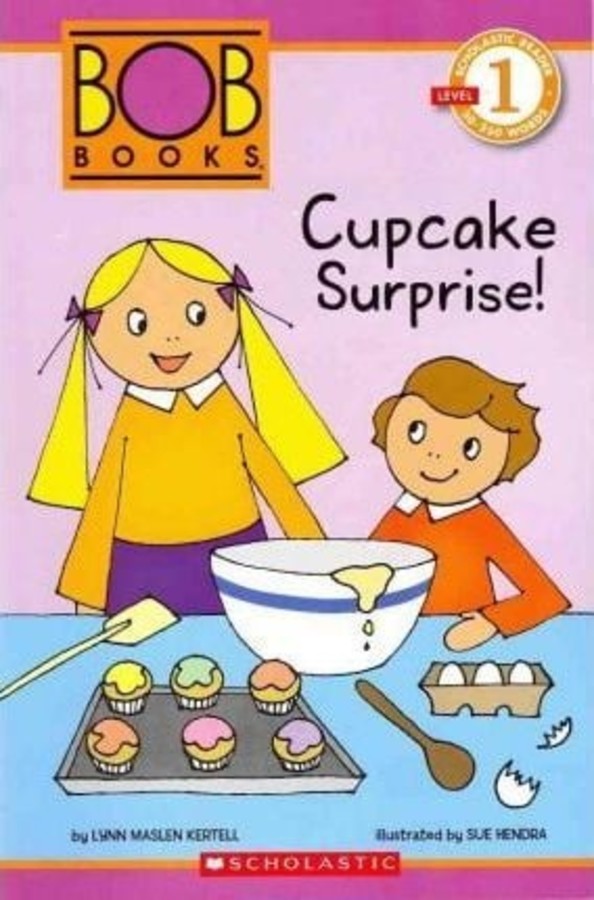
— Construction continues in 2022 and commissioning of 17 objects is expected. If we take the schools that we build under concessions, there are lags. The concessionaire promises to commission the facilities in December 2023. These are 6 schools,” the minister said.
Share
Elizaveta Shatalova
Share
The minister spoke about the children of mobilized parents and free meals.
— The decision was made by the Governor, the Legislative Assembly supported it. The law was passed. We're talking about students here. Funds have been allocated in the budget. Starting next week, we will start introducing this measure. For all the time that did not receive free meals, compensation will be paid. From September 21, at the rate of 73 rubles per school day, the minister said.
Share
Elizaveta Shatalova
Share
A reader asked about the distribution of brothers and sisters in one kindergarten.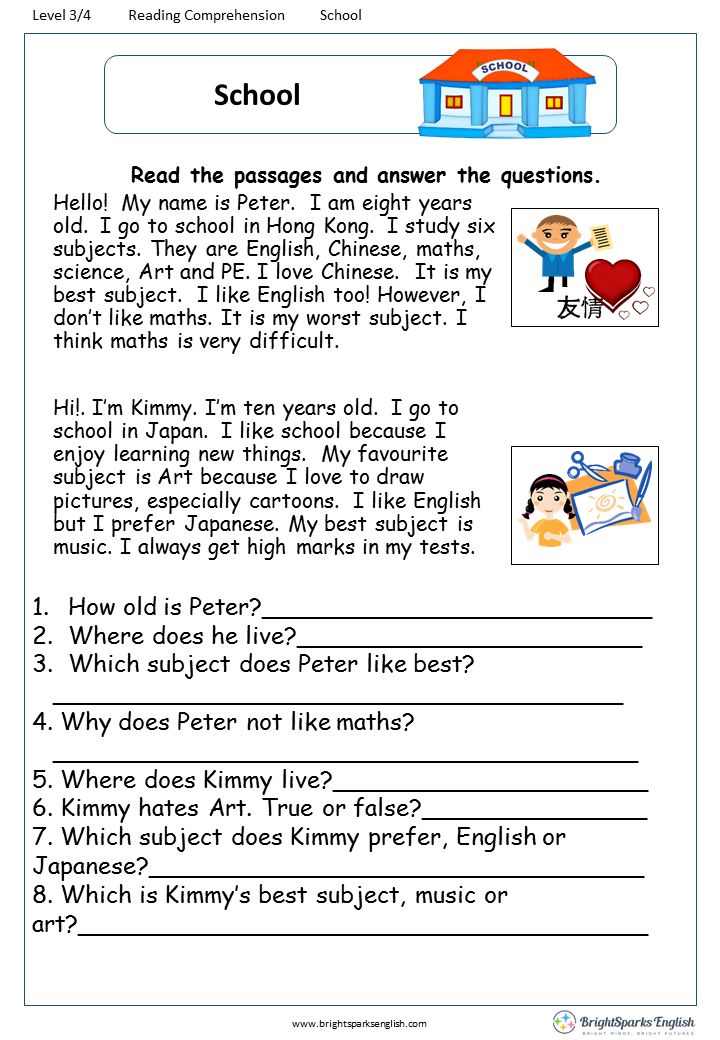 As the minister noted, this needs to be decided at the level of the administration of the kindergarten. Sergei Fedorchuk called on his colleagues to resolve such issues.
As the minister noted, this needs to be decided at the level of the administration of the kindergarten. Sergei Fedorchuk called on his colleagues to resolve such issues.
Share
Elizaveta Shatalova
Share
The reader's child studies for three years in a row in the second shift. She asks if it's legal.
— There is nothing illegal on the second shift. In the fifth, ninth and eleventh grade, you cannot study in the second shift,” the Minister of Education noted.
Share
Elizaveta Shatalova
Share
The Minister noted that teachers' salaries have recently been raised. Also, a question was received from readers about when the salaries of service personnel would be raised.
— We periodically raise unspecified categories, but this is the authority of the municipality. She's average in the industry. We are not always able to increase to the extent that citizens would like.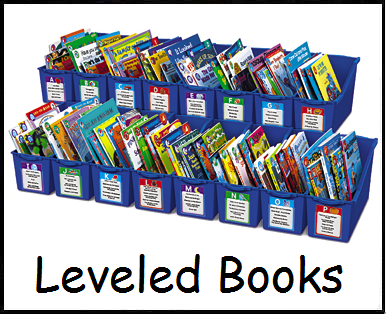 Cleaning is appearing in many schools. There are different forms that directors can use,” the minister said.
Cleaning is appearing in many schools. There are different forms that directors can use,” the minister said.
Share
Elizaveta Shatalova
Share
Readers asked about the big competition in colleges.
- College graduates can receive 30-50 thousand after graduation. They are rare and engineered, but they are there. Today, college support has changed. We have good equipment, we have built relationships with enterprises. The competition is very big. In some specialties, the competition of certificates is 5 points, the minister noted.
Now, Sergei Fedorchuk added, the child is getting a profession in colleges. But at the same time he can get a higher education.
Share
Elizaveta Shatalova
Share
A NGS reader asked about electronic diaries. As the minister noted, the school decides whether to choose a paper diary or an electronic one.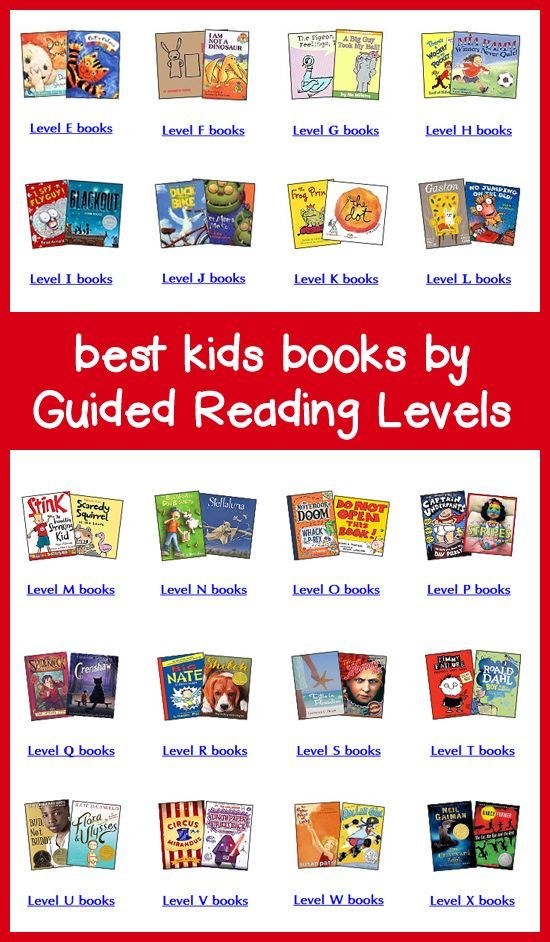 But if marks are not given, then you can contact the school administration or the municipality.
But if marks are not given, then you can contact the school administration or the municipality.
Share
Yelizaveta Shatalova
Share
The Minister spoke about the congestion of schools.
— We have schools that study in two shifts. There are no three shifts. There are schools where the schedule is flexible. I would like there to be no second shift and less congestion. It's hard for teachers to work two full shifts. And it’s hard for a child,” said Sergei Fedorchuk.
Share
Elizaveta Shatalova
Share
The teacher complained about a lot of paperwork.
— We are working on documents that will clearly establish what documents a teacher should fill out, — the minister said.
Sergei Fedorchuk listed which documents a teacher should fill out. There are five in total.
Share
Elizaveta Shatalova
Share
We are finishing our broadcast.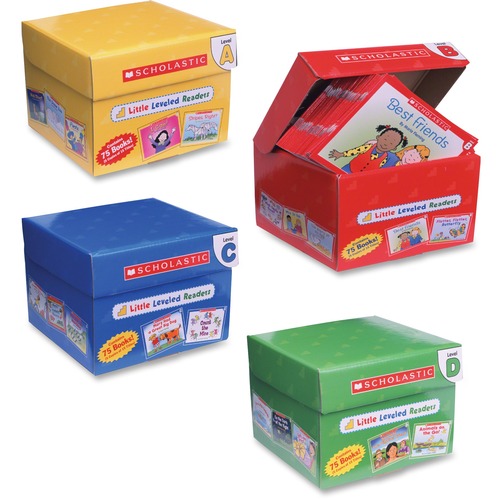 Thank you for being with us.
Thank you for being with us.
Share
Elizaveta Shatalova
Share
The minister of education spoke about plans for 2023.
— We continue to do major repairs. We continue the program of adding places to existing schools. We continue to work on windows and roofs. We have been changing them for seven years. National projects are ongoing. New technologies appear in the classrooms. We are conducting methodical work, changing the thinking of the teachers themselves. Our teachers most often can restructure their work, - said Sergey Fedorchuk.
Next year, the minister expects a breakthrough in the exam. This year the results were ambiguous and somewhere there was a drop in some subjects.
Share
Elizaveta Shatalova
Share
We are finishing our broadcast. Thank you for being with us.
Share
Related
-
November 16, 2022, 09:35
Two schools will be built near Novosibirsk for almost 1.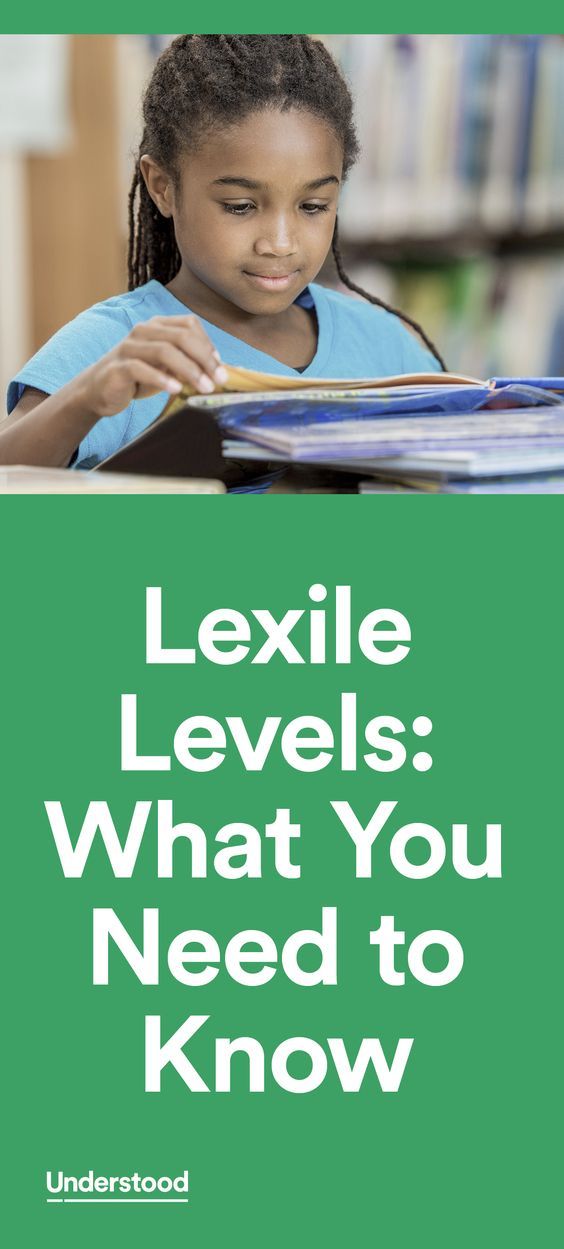 5 billion — 1,100 children will be able to study there
5 billion — 1,100 children will be able to study there -
November 11, 2022, 11:15
Why is food tasteless in schools and how to pass the exam without a tutor? Answers of the Minister of Education of the NSO in one video -
November 09, 2022, 14:55
Are there bomb shelters in Novosibirsk schools? What did the Minister of Education answer to this question? How will children celebrate the New Year? Ask the Minister of Education NSO -
November 03, 2022, 10:12
“There is no interethnic subtext there”: the Minister of Education speaks about the fight between schoolchildren in Novolugovoe -
September 03, 2022, 11:30
enough
Alexander Brun
Correspondent
Elizaveta Shatalova
News reporter
- LIKE2
- LAUGHTER90 SURPRISING0293
- SORRY0
See a typo? Select a fragment and press Ctrl+Enter
COMMENTS56
Read all comments
What can I do if I log in?
COMMENT RULES
0 / 1400 This site is protected by reCAPTCHA and Google.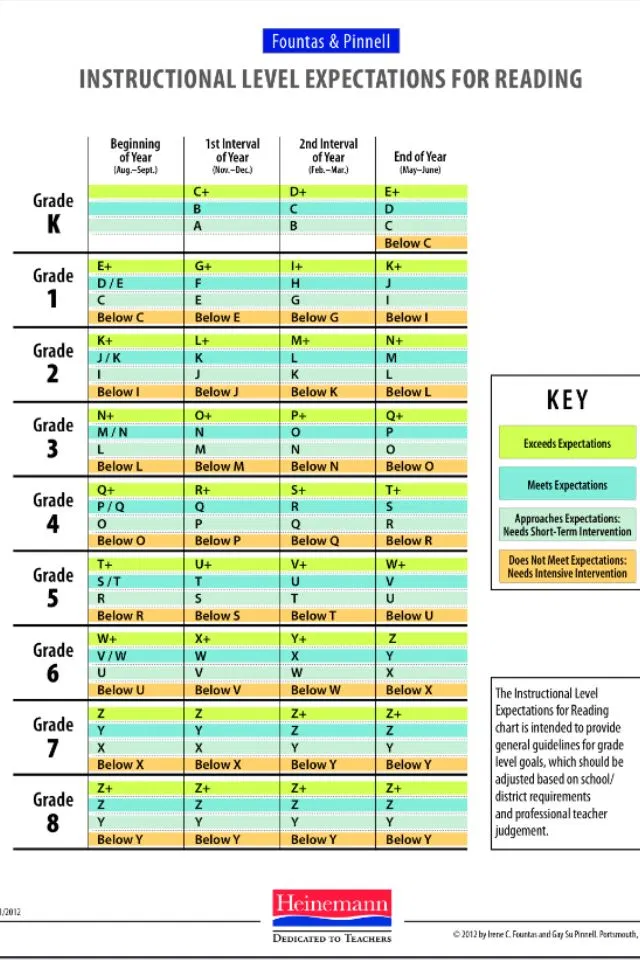 The Privacy Policy and Terms of Use apply.
The Privacy Policy and Terms of Use apply.
Новости РЎРњР?2
РќРѕРІРѕЃС‚Рё РЎРњР?2
The heart of the school. What School Libraries Can Be Like
photo: Yevgeny Sorochin / Gazeta.uz
The heart of the school
What school libraries can be like
The modern function of school libraries suggests that children explore life in them. However, the main task of school libraries in Uzbekistan seems to be to provide students with textbooks. "Gazeta.uz" found out the opinion of librarians on the appointment of school libraries.
The modern function of school libraries suggests that children explore life in them. However, the main task of school libraries in Uzbekistan seems to be to provide students with textbooks. "Gazeta.uz" found out the opinion of librarians on the appointment of school libraries.
“
School libraries provide information and ideas that are fundamental to success in today's increasingly information and knowledge-based world. School libraries equip students with lifelong learning skills, develop their imaginations, and help children become responsible citizens.
School libraries equip students with lifelong learning skills, develop their imaginations, and help children become responsible citizens.
“
School libraries provide information and ideas that are fundamental to success in today's increasingly information and knowledge-based world. School libraries equip students with lifelong learning skills, develop their imaginations, and help children become responsible citizens.
This is the introduction
of themanifesto of the International Federation of Library Associations and Institutions on School Libraries.
Teachers at Amesbury English School believe that the library is more than just a place to store books and read. Here, children do not learn the school curriculum, but the study of life. Therefore, the school staff believes that the very organization of the library space should help to make this research easy, but more importantly, so that children have a desire to explore.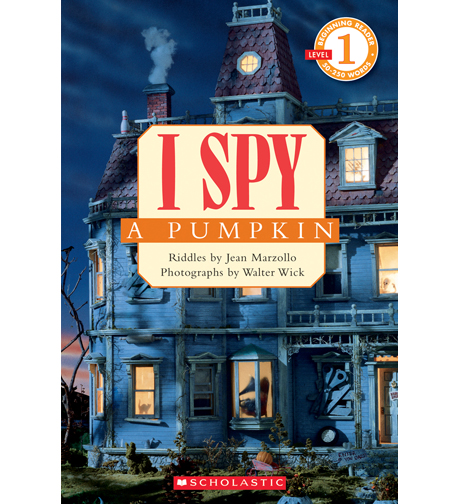
A bright environment, easy chairs and bean bags, bookshelves appropriate for children's heights, board games and building blocks, and technology that keeps children interested in exploring the world are all part of modern school libraries that function as a space for exploration, interaction, and learning. games, not silent reading.
advertising
advertisement
The Swedish school organization Vittra , which has more than 30 educational institutions behind it, puts the library as the central and semantic element of the building when designing each school. For example, in one of the schools in Stockholm, the library is located in the center of the hall and is separated from other areas by a black volume that opens up like a “treasure box”. Employees of the organization believe that the library does not need to allocate a separate space. On the contrary, all the premises of the school can be used as a library - you can study on sofas, benches, at tables and on the ground.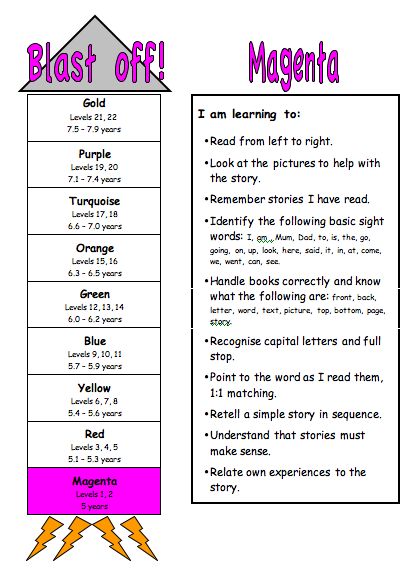
However, this success is inextricably linked to the qualifications of school librarians, whose task is not to be a registrar of student books, but to be a teacher. School librarians, in the understanding of the International Federation of Library Associations and Institutions, are people who help children find information and analyze it correctly.
School libraries in Uzbekistan in numbers
Murodjon Karabaev, the head of the department for the organization of out-of-school education, sports and tourism of the Ministry of Public Education, noted to Gazeta.uz that libraries are absent only in 22 schools of the republic out of 10,130. 3671 schools.
According to the expert, the International Federation of Library Associations and Institutions recommends 7-8 copies of books for each student. In Uzbekistan, this figure is only 1.5 books per child, excluding textbooks.
Photo: Yevgeny Sorochin / Gazeta.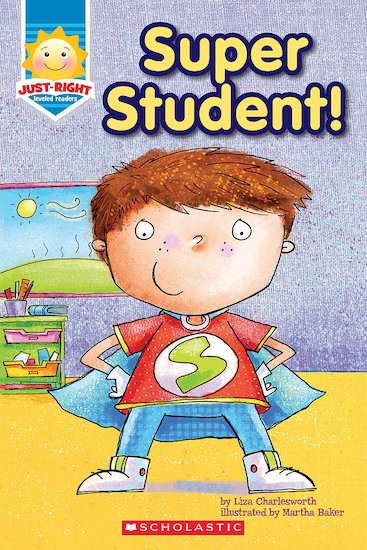 uz
uz
However, it is difficult to determine the exact volume of the library fund today, Murodjon Karabaev said. This is due to the lack of an electronic database of books. Now the digitalization of libraries has been piloted in 41 schools in Tashkent. It is planned to complete the introduction of electronic accounting of books in school libraries of the republic by 2026.
Paper accounting of books takes up the lion's share of librarians' working time, Murodjon Karabaev acknowledged. Often books are lost and not found, it is not known how many and what kind of books the school has and who has these books at the moment.
advertising
advertisement
According to the specialist, out of 6.46 million students in 2021, 3.1 million were considered readers. The bulk of reading children are students in grades 5-7, said Murodjon Karabaev.
“
“This year we printed 86 copies of Russian classics in Uzbek and distributed 10,000 books to schools. Among the total number of books that we supply, schoolchildren are interested in about 20-30%. Among [the bulk] of literature there are no books interesting to schoolchildren. Most often, they want to see new books on the shelves, and not those that are in the library fund. Therefore, we plan to compile an updated list of 300 books that will be delivered throughout the year to all schools. Among the coveted books are a biography of Steve Jobs, and “1984" by George Orwell, and "Potterian".
Among the total number of books that we supply, schoolchildren are interested in about 20-30%. Among [the bulk] of literature there are no books interesting to schoolchildren. Most often, they want to see new books on the shelves, and not those that are in the library fund. Therefore, we plan to compile an updated list of 300 books that will be delivered throughout the year to all schools. Among the coveted books are a biography of Steve Jobs, and “1984" by George Orwell, and "Potterian".
Murodjon Karabaev
“
“This year we printed 86 copies of Russian classics in Uzbek and distributed 10,000 books to schools. Among the total number of books that we supply, schoolchildren are interested in about 20-30%. Among [the bulk] of literature there are no books interesting to schoolchildren. Most often, they want to see new books on the shelves, and not those that are in the library fund. Therefore, we plan to compile an updated list of 300 books that will be delivered throughout the year to all schools.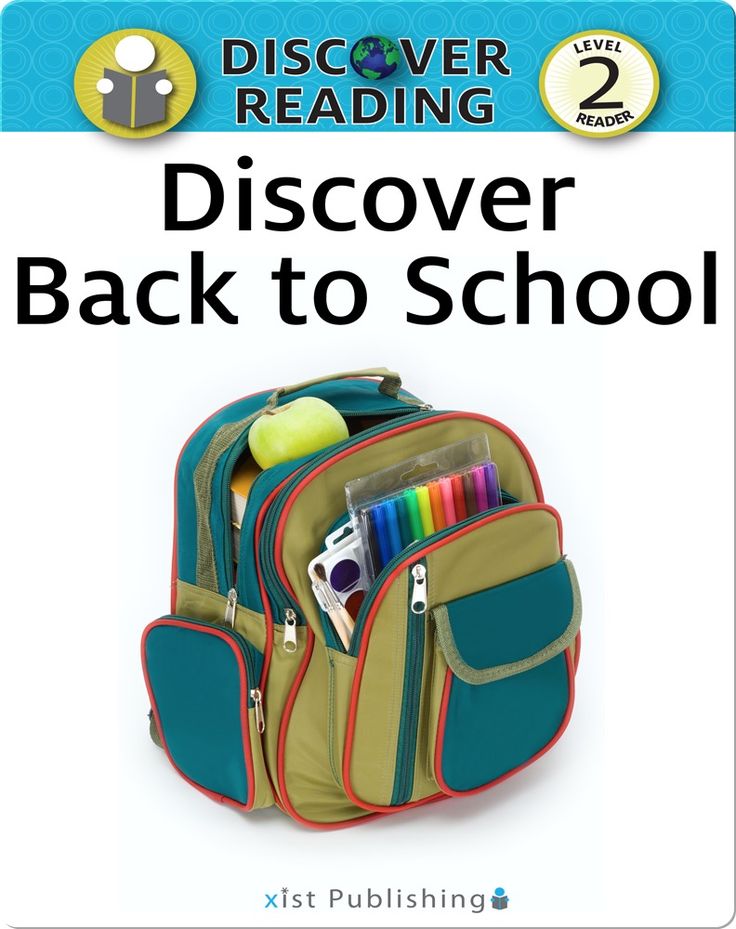 Among the coveted books are a biography of Steve Jobs, and “1984" by George Orwell, and "Potterian".
Among the coveted books are a biography of Steve Jobs, and “1984" by George Orwell, and "Potterian".
Murodjon Karabaev
According to Murodjon Karabaev, not all librarians inform students about the replenishment of the book fund.
“There are few such schools, somewhere around 2-3%. Most often, older people work in our schools, they have experience, but they prioritize work with the issuance of textbooks, inventory of books, and filling out journals, ”said the specialist.
Gazeta.uz talked to the librarians of three schools in the capital and one educational institution in the Tashkent region and asked them about the work and purpose of school libraries.
Galina Loginova
Librarian Lider bolalar maktabi since 2016
Work experience as a librarian - 40 years
In my time, school education was eight or ten years. When I finished the 8th grade, my sister studied at the library technical school. I didn't want to go to high school, so I followed my sister's advice and went to school with her. After college, she entered the Institute of Culture, where she received a higher library education.
I didn't want to go to high school, so I followed my sister's advice and went to school with her. After college, she entered the Institute of Culture, where she received a higher library education.
Of my 40 years as a librarian, I dedicated 22 years to the Teacher Training Institute Resource Center, where I taught teachers how to properly list references and describe each work.
Photo: Yevgeniy Sorochin / Gazeta.uz
Work in the Lidera school library is different from work at the Institute for the Improvement of Teachers. I didn’t teach there, but here we have a “Library” lesson for students in grades 5-8, which I teach myself.
The Library is an advantage of our school. We read books with children, watch films based on works, discuss them. We can even discuss whether a school needs a library at all. I have children's essays on this topic.
We do not read the literature that children study as part of the school curriculum.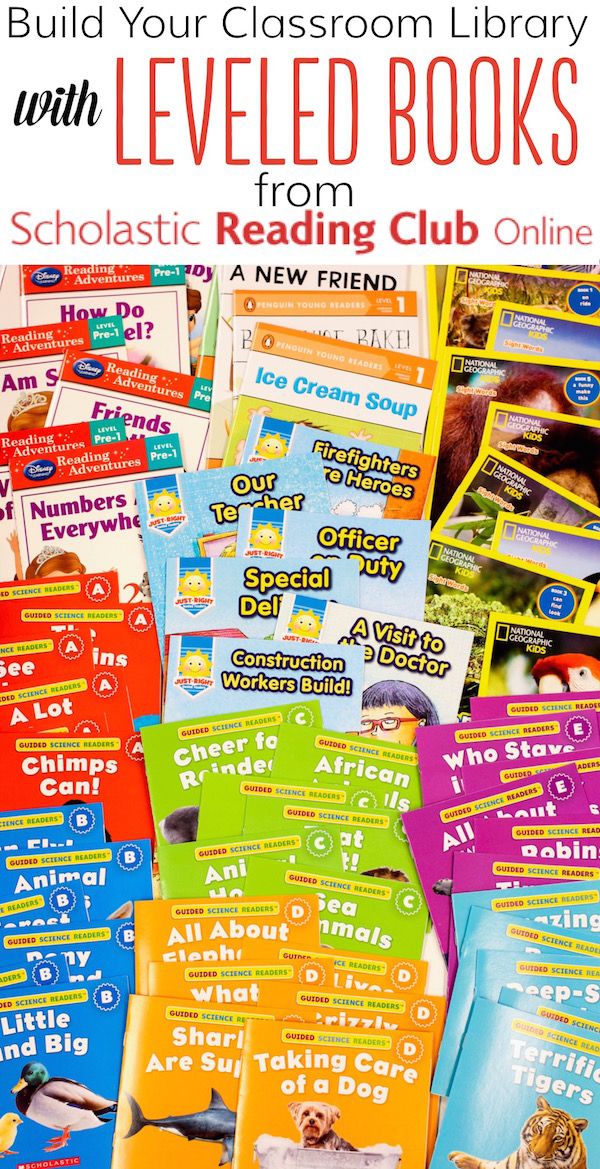 I try to introduce them to foreign authors - stories by O. Henry, Jack London. By memorable dates, we read literature related to a significant event. For example, by May 9, many students in our school had read The Diary of Anne Frank, and in the library we watched the movie The Boy in the Striped Pajamas.
I try to introduce them to foreign authors - stories by O. Henry, Jack London. By memorable dates, we read literature related to a significant event. For example, by May 9, many students in our school had read The Diary of Anne Frank, and in the library we watched the movie The Boy in the Striped Pajamas.
advertising
advertisement
In my lesson, as in others, children receive assignments. I can ask to collect information about the author or write an annotation to the work. Not all students complete the assignments, because I do not grade - there is no methodology. But I have an agreement with the teachers that the child will be given an “5” in literature if he did well on the task in the “Library” lesson. It motivates the kids.
We also have field lessons. I organized trips to different libraries so that the children could see what they were like. We visited the Bunyodkor stadium to see the football museum. Were at the station of the Ministry of Emergency Situations, in the publishing house.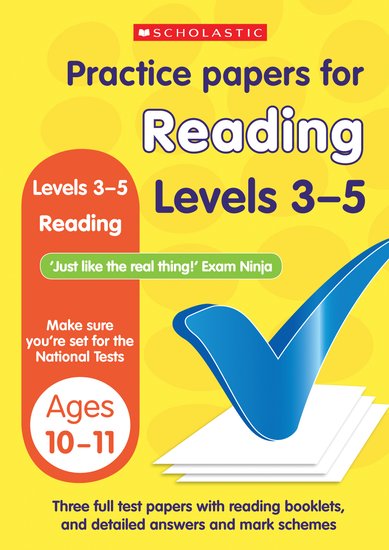 Because the library is about different knowledge, different areas and directions, and not just about fiction. You can also visit art galleries, telling the children before leaving something about the artist whose paintings we are going to look at, or something about the era in which he lived. Maybe then the kids will want to learn more about it or even start drawing.
Because the library is about different knowledge, different areas and directions, and not just about fiction. You can also visit art galleries, telling the children before leaving something about the artist whose paintings we are going to look at, or something about the era in which he lived. Maybe then the kids will want to learn more about it or even start drawing.
Photo: Evgeny Sorochin / "Gazeta.uz"
Annotation of the child to read Extracurricular literature
Photo: Evgeny Sormoi
. Gazeta.uz
However, the main task of a school librarian in Uzbekistan is to provide children with textbooks. In our school, this may not be a priority, but it is definitely the main one. It is necessary to fill out applications and reports, accept books and enter them into an electronic database, which also allows school students to borrow books from the library.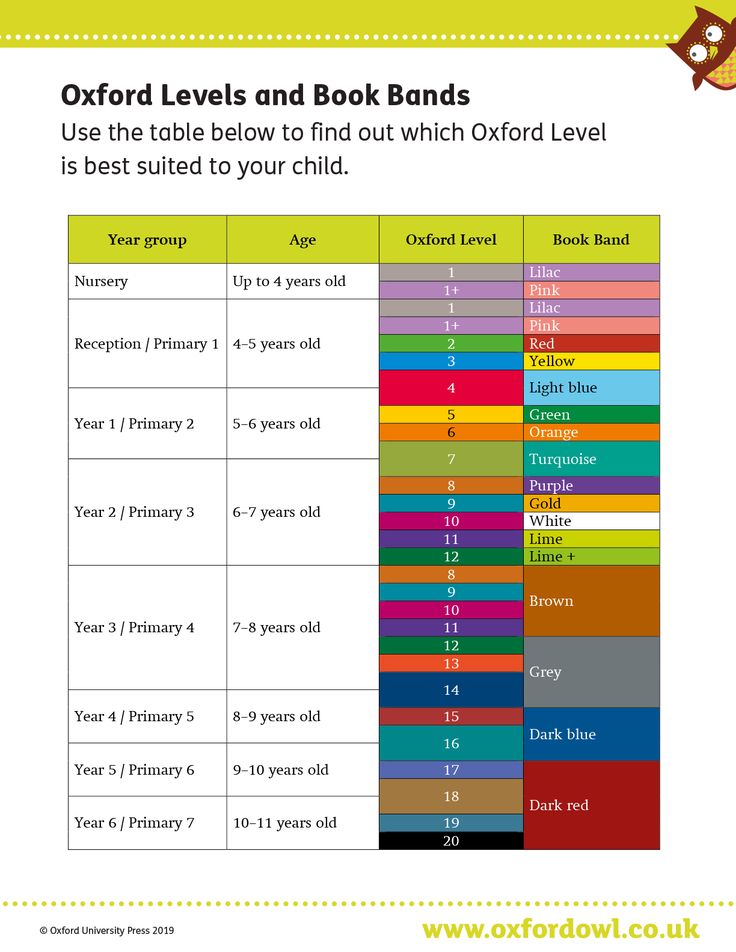
An equally important task of a school librarian is to teach children to look for information in books. Sometimes primary school students are given the task to find some information not on the Internet. I teach them how to use encyclopedias and dictionaries and understand the organization of the library so that they understand which shelves can find the right books.
Book promotion is a librarian's priority. To interest a child in a book, you need to talk with him. Children today are not what we used to be. They cannot be interested in what they do not like.
Our library contains interesting books for children. The school administration pays great attention to the development of the school library. I work with teachers and management to replenish the book stock, and I also conduct surveys among children to know what they like and what interests them. I estimate that 80% of our children are readers.
I can't say that all reading children are interested in classical literature. She is less loved. But that's okay, because the world is changing. It is a mistake to think that children who do not read the classics do not read anything. They read such things that we can't keep up with them. Children have their favorite authors. These are interesting books, many of which I also read to be on the same wavelength with children. Teachers also ask what to read from what our students read.
She is less loved. But that's okay, because the world is changing. It is a mistake to think that children who do not read the classics do not read anything. They read such things that we can't keep up with them. Children have their favorite authors. These are interesting books, many of which I also read to be on the same wavelength with children. Teachers also ask what to read from what our students read.
We have a shelf full of books that children love to read: Harry Potter, How to Train Your Dragon, The Hunger Games, Pardus book series, Warrior Cats, The Chronicles of Narnia by Rick Riordan, Maisie Hitchins, Steve Stevenson.
Middle school students love Sherlock and even had a book quiz. High school students read The Great Gatsby, The Picture of Dorian Gray, Pride and Prejudice, Jane Eyre.
In addition, we have many books on economics and finance - interest in such literature comes from the family. Many students have already read The Novice Investor, Children and Money.
In the library we hold book competitions, quizzes and festivals. On the occasion of the 30th anniversary of the Convention on the Rights of the Child, we, together with the UN Children's Fund, held here the contest "Selfie with your favorite book". Our students also went to the literary competition at Artek.
All students in grades 1-7 of our school keep a reading diary in which they write down the books they have read, a summary of these works and their opinion about them. This is how they learn to write beautifully what they read. In addition, such diaries allow you to quickly refresh your memory of long-read books.
Our library also maintains an Instagram page. We publish reviews of interesting literature, reviews of new books in the library, give recommendations for each age category. We also host quizzes and competitions.
The parents of our students are also involved in the process of reading. They participate in book fairs, buy books for children, donate a lot of books to the school library.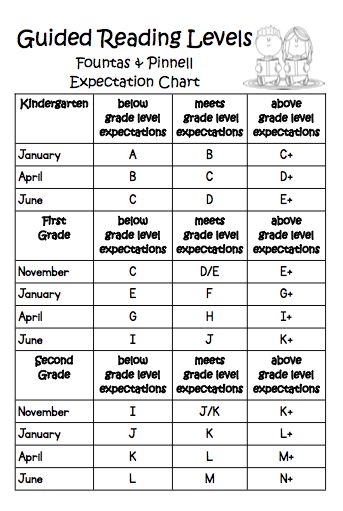 Many parents come to the library, ask what their children are reading, consult teachers and me about how to get their child to read if they don't read much.
Many parents come to the library, ask what their children are reading, consult teachers and me about how to get their child to read if they don't read much.
In addition, we hosted a "Books Unite Generations" event, in which families of students took part. Separate classes made a book project "The choice of three generations" about the favorite books of dads, moms, grandparents, sisters and brothers. Children saw how the preferences of generations change, compared which books shaped the adult generation and what shapes today's teenagers. Then everyone talked about their family's favorite books.
Photo: Evgeny Sorochin / Gazeta.uz
Photo: Evgeniy Sorochin / Gazeta.uz
Photo: Evgeny Sorochin / Gazeta.uz
Today, libraries are information and resource centers .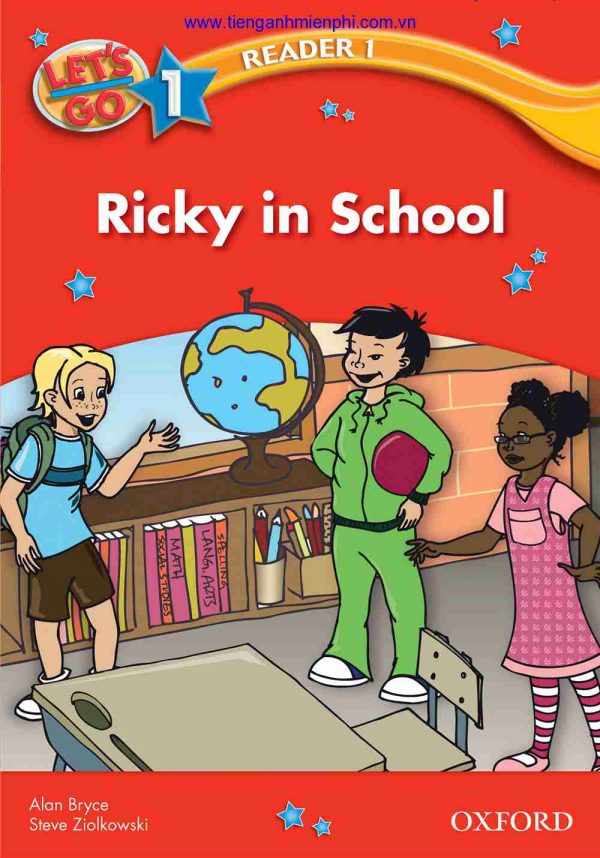 Here, children should be able to expand and deepen their knowledge. Children need to be taught to read carefully.
Here, children should be able to expand and deepen their knowledge. Children need to be taught to read carefully.
The functions of school libraries are growing all over the world. In our library, children not only work with books and watch movies. They are engaged in their projects here, shoot videos. Sometimes they come just to talk, to consult, to tell their secrets. Sometimes they are noisy in the classroom, they study here.
School libraries may also have special interest clubs for lovers of science fiction, detective stories or astronomy. You can hold debates and lessons in public speaking, because children must learn to argue, express their point of view, argue and analyze.
Dilfuza Kamalova
Librarian of secondary school No. 22 since 1989
I have always worked as a librarian. I came to this school because it is close to my house.
Today the tasks of the school librarian consist mainly of providing children with textbooks.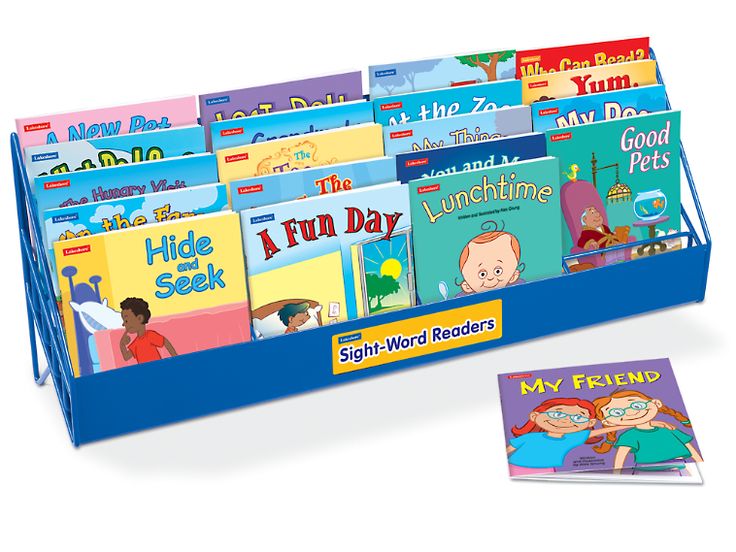 In addition, we study the preferences of children in terms of fiction. The more they read, the more they know, the easier their worldview is formed. Therefore, we must offer them books that would be of interest to them, that would correspond to their age.
In addition, we study the preferences of children in terms of fiction. The more they read, the more they know, the easier their worldview is formed. Therefore, we must offer them books that would be of interest to them, that would correspond to their age.
Photo: Evgeny Sorochin / Gazeta.uz
Photo: Evgeny Sorochin / Gazeta.uz
Photo: Evgeny Sorochin / Gazeta.uz
Photo: Evgeny Sorochin / Gazeta.uz
Photo: Evgeny Sorochin / Gazeta.uz
Photo: Yevgeny Sorochin / Gazeta.uz
We also need to communicate with students to find out if they really read the book, if they liked it. Sometimes children return books, speaking negatively about the work: they didn’t like the hero, the boring plot.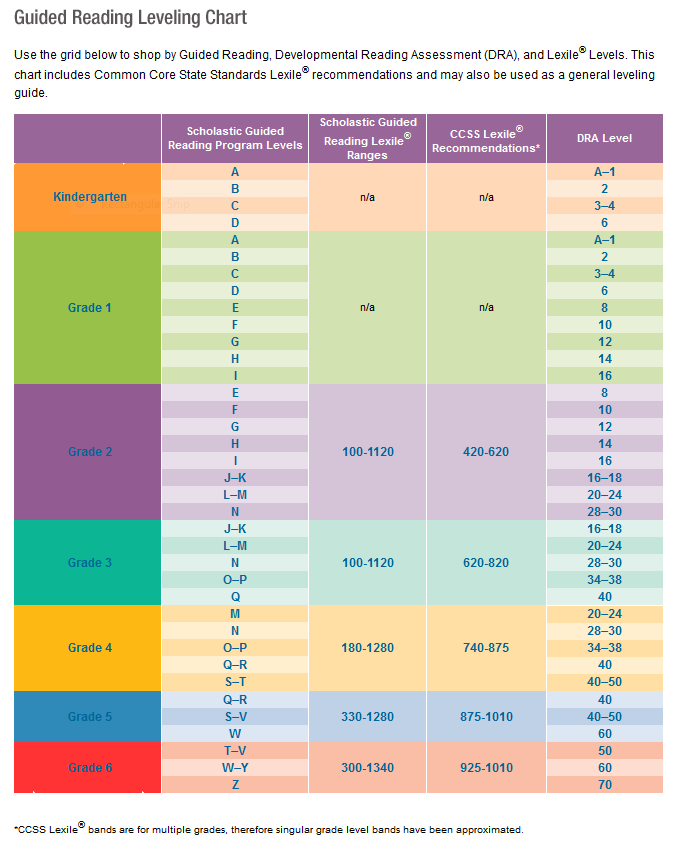 I can advise the child to read other chapters that might be more interesting for him. Then the kids come back with rave reviews.
I can advise the child to read other chapters that might be more interesting for him. Then the kids come back with rave reviews.
In the school library, we help students prepare for classes and find the information they need. We have computers and the Internet (even if it works slowly), so we help children prepare essays, print out materials on a printer.
We mainly work with fiction. Children take books that need to be read as part of the school curriculum, “Past Days”, the works of Khudaiberdy Tukhtabaev. Now we have also received works of world literature - Tolstoy's "War and Peace", Pushkin's poems. These books are read by children.
advertisement
advertisement
It is difficult to say what additional functions could appear in our library, because until recently we had completely different conditions: there was not a single computer in the library, we worked on forms, so the search for books took a lot of time.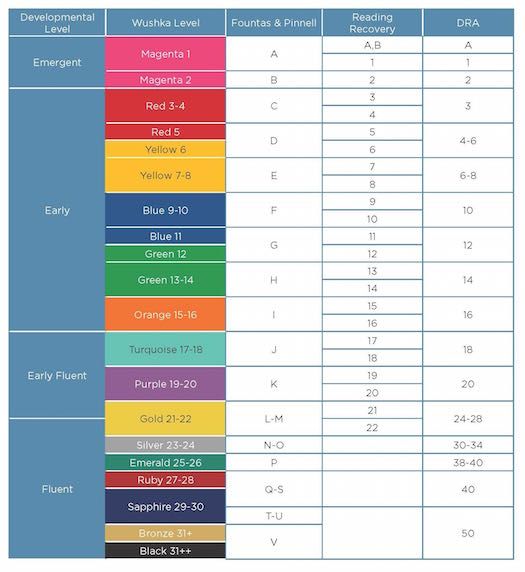 We are currently doing electronic bookkeeping.
We are currently doing electronic bookkeeping.
There are also no problems with replenishing the fund, because all literature has already been digitized, all children have telephones. If they can't find a particular book, we can help with the search. If the child wants to read the book in paper form, we can print it out. A color printer - for pictures - we also have.
Rano Shorakhimova
Librarian of STEM school No. 45 of Kuychirchik district, Tashkent region
My main task is to attract children to the library, help them find interesting literature and provide them with textbooks.
Children come here to learn, communicate, broaden their horizons. Due to the fact that our library is equipped with computers and the Internet, children can get additional information about the works on the net. They have such a desire, because literature affects each of us in different ways. In addition, we recently received audiobooks that we send to children on their phones at their request.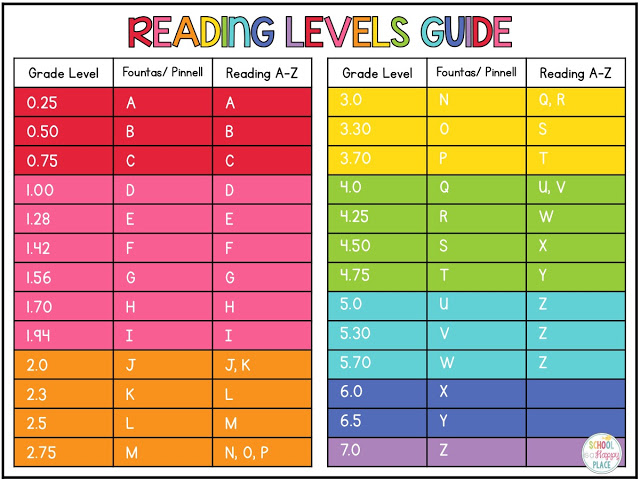
I read aloud to elementary school students, then I ask them about the character of the characters, their positive and negative qualities. Older children already want to read themselves, they come and choose a book.
Some children and even their parents ask me to describe a novel in my own words. Not all parents have smartphones. Besides, they say they don't have time to read. I invite them to come and read for themselves. If they want, they can come and read for themselves. But it's not difficult for me to tell what the book is about, so I have these conversations, if I can call them that.
Photo: Evgeny Sorochin
Photo: Evgeny Sorochin / "Gazeta.uz"
Photo: Evgeny.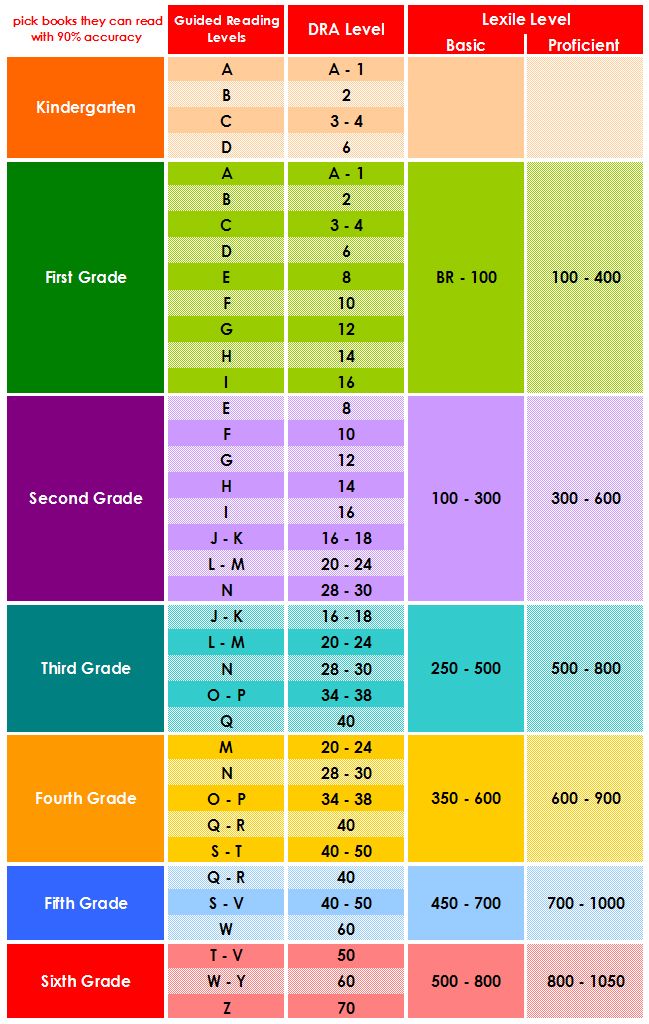
Photo: Evgeny Sorochin / Gazeta.uz
Photo: Evgeny Sorochin / Gazeta.uz
Photo: Evgeny Sorochin / Gazeta.uz
Our students are more interested in poetry, so the works of poets - Muhammad Yusuf , Zulfii - we are in great demand. Primary classes love Gulliver's Adventures and other fairy tales. And high school students - the poetry of Alisher Navoi, Babur. When the children return the books, I ask them what they learned from this book, what they understood. They tell, and so I understand whether they read or not.
Children need libraries. What you read in books stays in your head. Information from the Internet is also remembered, but for additional information, children turn to books. Therefore, libraries are very necessary.
In addition, at home, for example, there are not always conditions for reading. If you have a phone, consider that there are no conditions for reading. In villages, children do housework, parents do not buy books for them.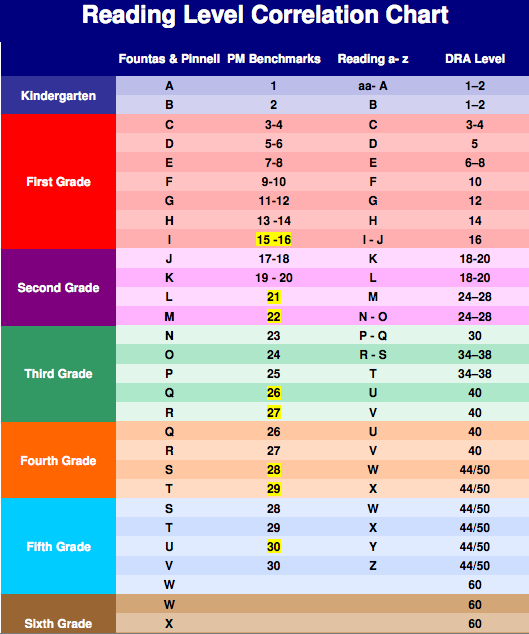 And when a child enters the school library, sees books, he wants to read.
And when a child enters the school library, sees books, he wants to read.
Reading books first of all develops spirituality in a child. As the President said, New Uzbekistan begins on the doorstep of the school. It turns out that the book should come first. Reading develops the horizons, memory, thinking of the child.
I approached the school administration with a proposal to replenish the stock of our library. If each graduate donates at least one book, there will be more of them. Or if entrepreneurs help us, the libraries will have more fairy tales, more fiction. I myself go to the markets to buy books.
I think that in the future one of the functions of the school library could be targeted involvement in reading of children from low-income families. If we had the conditions, we could read to these children right in their homes.
Umida Kildiyarova
Librarian of the specialized school of exact sciences №310
My main task is to provide children with textbooks, as well as to acquaint them with literature and select books together.